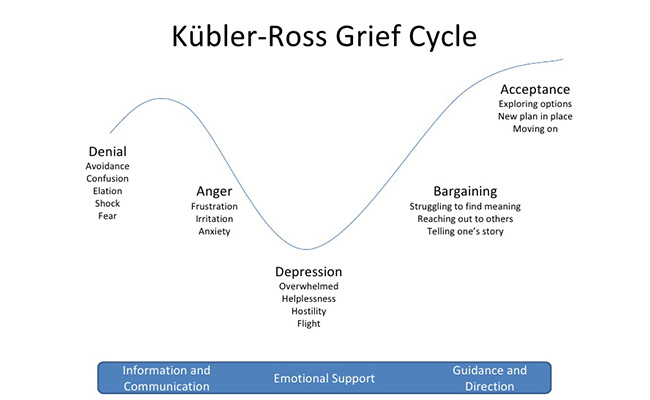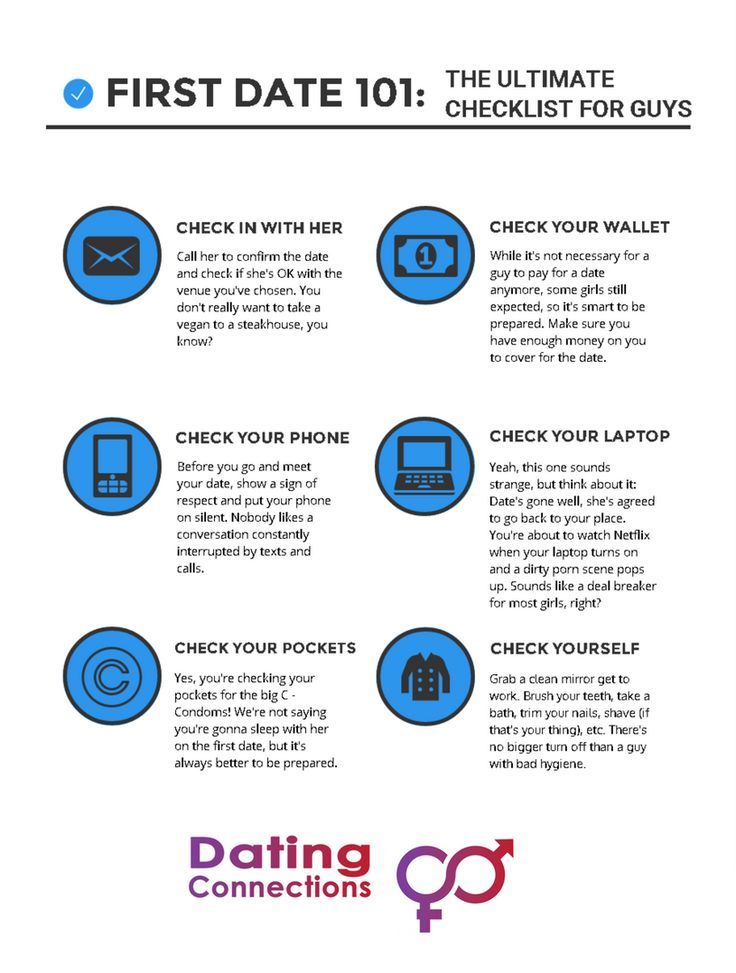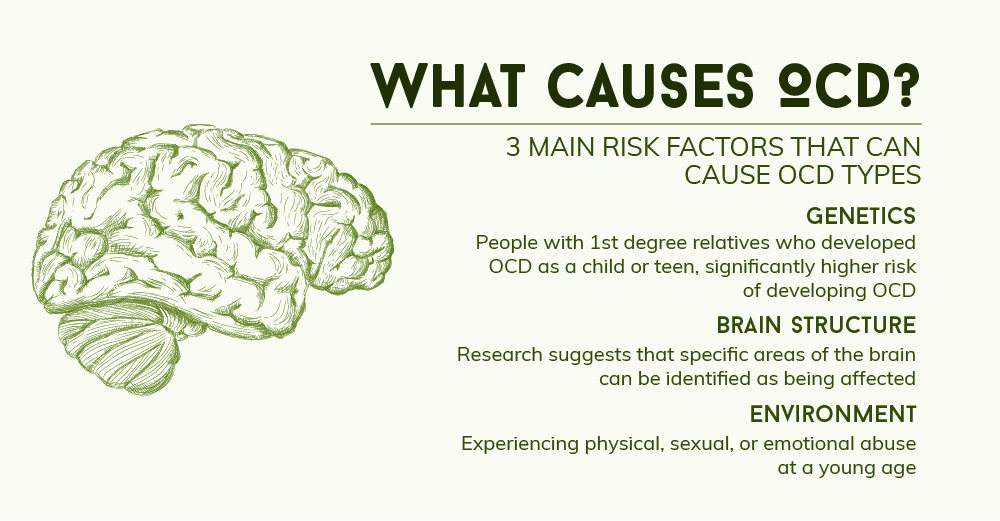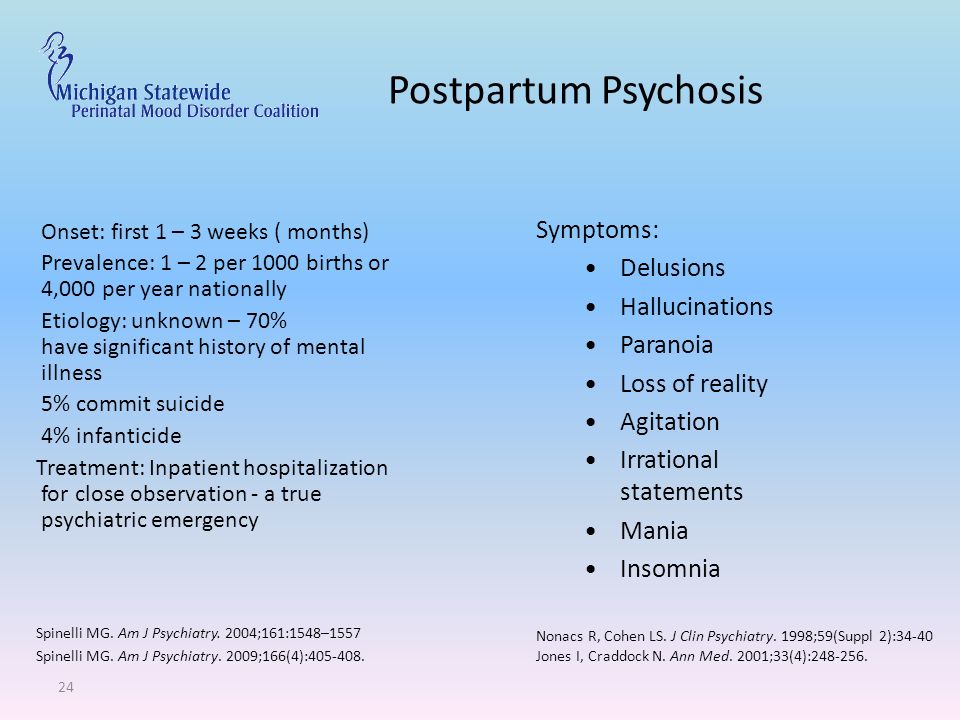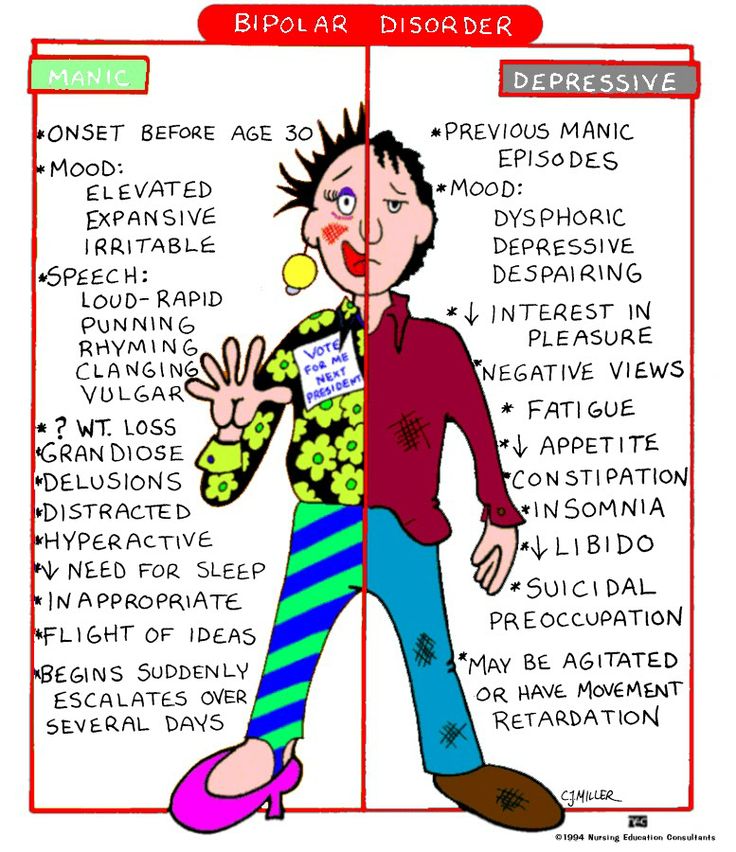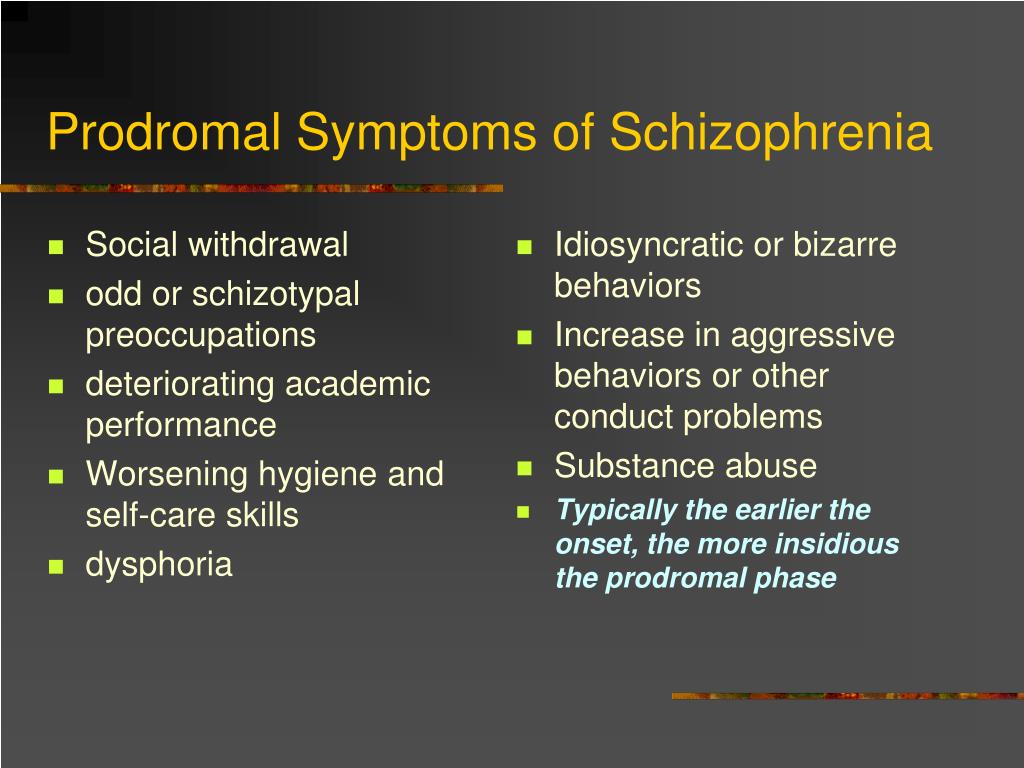The fear of intimacy scale
Fear of Intimacy Scale: Relationship Phobia
Commitment phobia. Commitment-phobe. Fear of intimacy. We’ve all heard these phrases used to describe the reluctance of one person to settle into a long-term relationship with another person. While the terms are often used interchangeably, each means something very different. Commitment phobia generally refers to people who have a fear of committing to any intrusions on their life, including impositions on time, the introduction of new inanimate objects like buying a house or car, as well as embracing new people on more than a superficial level. Commitment-phobes are typically people who suffer from commitment phobia, while having a fear of intimacy is more rooted in anxiety about becoming emotionally close to another person. We generally think that men primarily suffer from this problem, but women also experience varying levels of fear and anxiety as relationships deepen. The Fear of Intimacy Scale can help identify specific traits that determine the likelihood a person fears intimacy and their accompanying level of fear.
What Is the Fear of Intimacy Scale?
The fear of intimacy scale uses data from a 35-question self-evaluation, which returns a score between 35 and 175, to establish whether the participant fears intimacy and how prominent their anxiety is. A high score indicates a high level of fear. Studies have shown that while men tend to score more highly on the fear of intimacy scale, women who fear intimacy often dictate the level of intimacy in the relationship as well as its longevity. Both men and women fear a loss of control, loss sense of self and a loss of freedom with close dating relationships. The fear of intimacy scale is accepted as a valid and reliable measure of a person’s anxiety related to close dating relationships. And over the last 30 years it has been used to expand research to include the relationship between actual and desired intimacy experienced by those who fear intimacy but are in an active dating relationship. Researchers have identified three key areas that tend to illustrate a whether a person is likely to fear intimate relationships.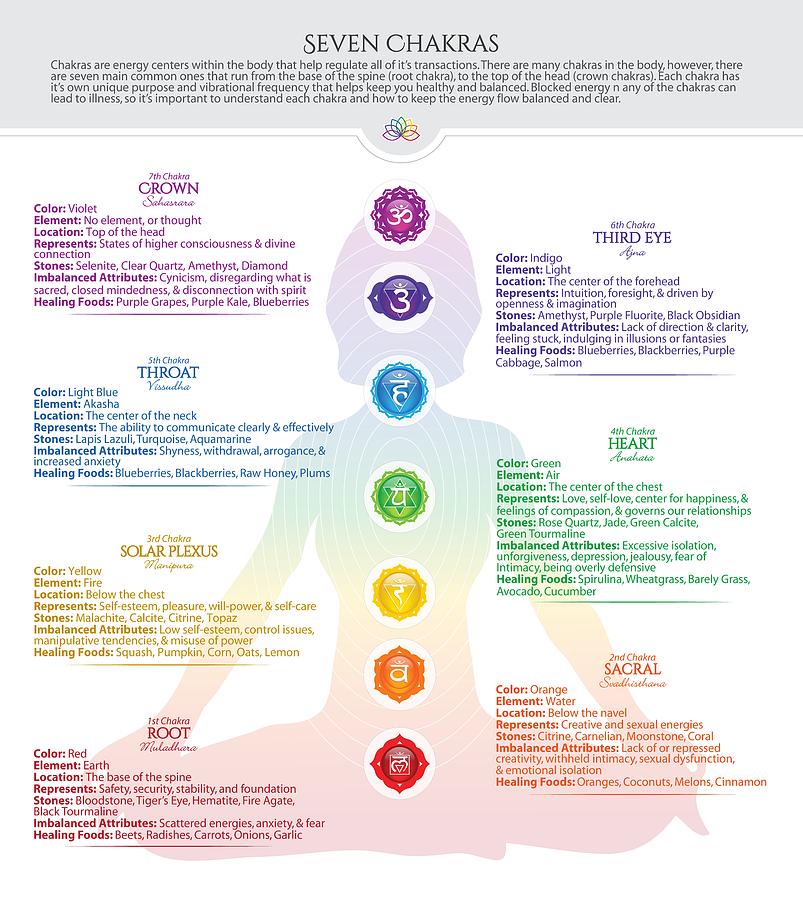
- Content, which refers to the ability to communicate personal information.
- Emotional valence, which refers to how strongly one feels about the personal information that is exchanged.
- Vulnerability, which refers to how highly an individual regards the person with whom they are intimate.
Fear of intimacy does not necessarily mean there is a lack of desire to be intimate, but rather that a person becomes anxious when faced with the prospect of intimacy. People who fear intimacy often behave in a counterproductive manner to protect themselves by preventing the intimate interaction.
Where Does the Fear Originate?
So, what causes a person to become anxious about becoming emotionally close to another person? Although fear can be caused by a number of factors, people who fear intimacy often cite past bad relationships where trust was lost through abuse, infidelity, abandonment or similar issues. Anxiety about potential emotional closeness can also stem from childhood trauma, complicated familial dynamics and other negative experiences relating to close relationships.
How to Manage Fear
Individuals can manage their fear of close emotional relationships in much the same way other anxiety issues are controlled — by learning and employing coping skills. The following steps may help:
- Identify what you are afraid of
- Identify patterns and triggers
- Learn to be present with your emotions and deal with them
- Exercise small vulnerabilities and build upon them to increase closeness and trust
- Talk with your partner
- Talk to a therapist or counselor
Fear of intimacy can be a lifelong challenge for many people. But it is possible to overcome anxieties with some awareness and determination. The result could be the possibility of obtaining healthy, fulfilling relationships in the future. Sources: Fear of Intimacy Scale (Test) Development and Validation of a Fear-of-Intimacy Scale Fear of Intimacy Among Dating Couples
Why People Fear Intimacy And What Can Be Done
FAQs
Why do I fear intimacy?
One of the biggest intimacy issues is the fear of intimacy, also known as intimacy anxiety.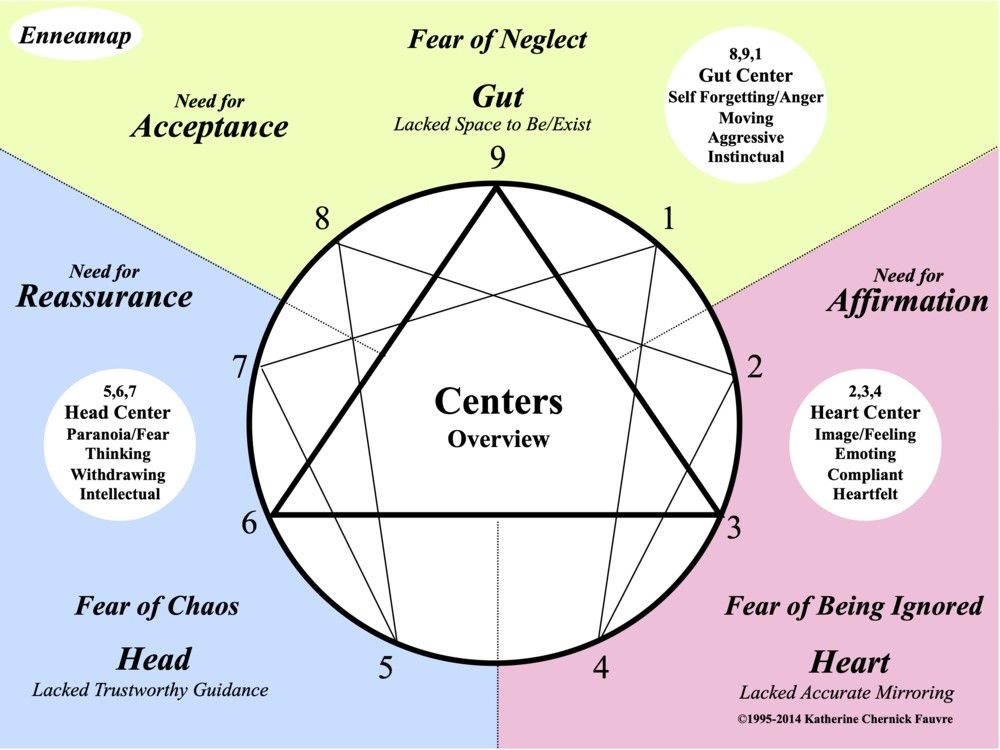 With the fear of intimacy, people fear having close physical contact or emotional bonds with people. An intimate relationship can be platonic, or it can come in the form of a fear of sex or romance. Why does the fear of intimacy happen? There are many possibilities, including:
With the fear of intimacy, people fear having close physical contact or emotional bonds with people. An intimate relationship can be platonic, or it can come in the form of a fear of sex or romance. Why does the fear of intimacy happen? There are many possibilities, including:
You Fear Being Rejected or Have a Fear of Abandonment
One reason why you may be afraid of intimacy is because you fear rejection or abandonment. With rejection, you may want to be in a deeper relationship with someone, but you’re afraid they’ll say no. With abandonment, you may worry that one day, the person your intimate will leave you out to dry.
The fear of loss, the fear of rejection, or the fear of abandonment can be due to many reasons. Some people may have had rejection and abandonment in the past that was so strong, it made them skeptical of everyone. The fear of abandonment could also be due to parents who didn’t treat you right.
It’s a common reason for the fear of intimacy, and it can happen to many people in some capacity.
Avoidant Personality Disorder
One reason some people fear intimacy or intimate relationships is because of avoidant personality disorder. This is a personality disorder, thought to be caused by a combination of genetics and environment, that can make people have intense anxiety towards emotional intimacy. It can take intense therapy to overcome the fear of intimacy in this context.
Abuse as a Child
Childhood abuse, be it sexual or physical, can make a person grow up to fear intimacy and intimate relationships. With sexual abuse, the fear of sex is strong. Performance issues can happen, or a person may not want to have sex at all. This type of fear of intimacy is something you need therapy for. Just know that it isn’t your fault.
Fear of Being Controlled
One reason why people have a fear of intimacy is that they enjoy their freedom. The person may believe that if they get into a relationship, it means surrendering all control to their partner.
This fear of intimacy could be due to a controlling ex or controlling parents. A good relationship will not have control, and instead involve two people working together to be the best people possible.
Why does intimacy make me uncomfortable?
There are many reasons why people fear intimacy. For some, intimacy can be a subconscious fear that you can overcome. For others, letting people into your life is a sensation you can’t handle, and you avoid intimacy whenever possible.
The question above answers this, but to summarize, the fear of intimacy, and intimacy problems in general, could be due to a bad relationship or past trauma, or you may have a condition that makes you want to be alone. The fear of intimacy doesn’t have to control your life, however, and with a little bit of therapy and self discipline, you can overcome a fear of intimacy.
If you fear intimacy, ultimately you need to seek help for it. With that said, if you want to know whether or not you have a fear of intimacy, here is some fear of intimacy signs.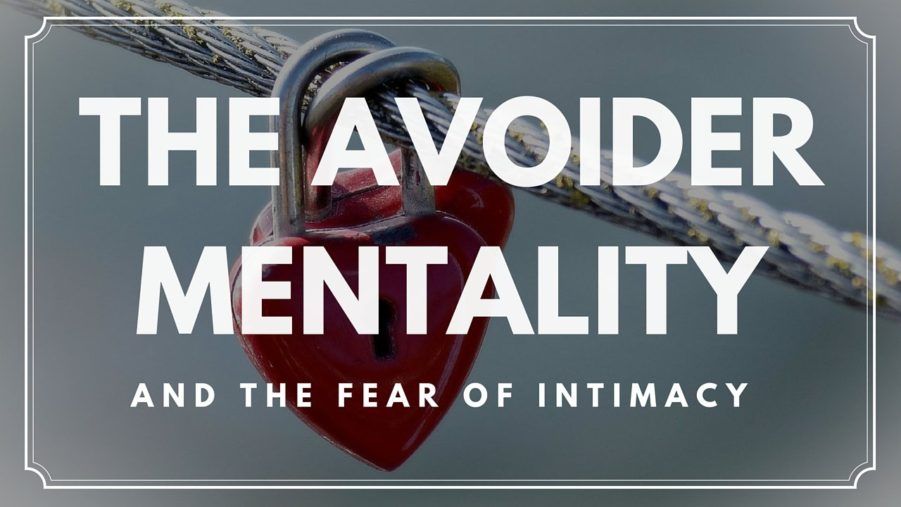
Fear of Intimacy Signs
- You may be uncomfortable with touching. While you may be deep in a relationship, the idea of even holding hands is enough to make you feel uncomfortable.
- You’re afraid to talk about your emotions. Obviously, you're not going to talk about every private detail of your life, but if you're afraid to say how you feel, it could be one of those fear of intimacy signs you shouldn’t ignore.
- You’re afraid of being committed to a relationship for too long. You may end up having casual relationships because of that.
How do you overcome fear of intimacy?
Overcoming the fear of intimacy is possible. It depends on how much you fear intimacy. Some people can measure their fear of intimacy with a fear of intimacy scale, which can go from 1 to 5. Those who have a mild fear of intimacy can usually learn how to overcome it. Here are some ways.
- First, explore why you have a fear of intimacy.
 Knowing why you feel this way is the first step toward overcoming a fear. Sometimes, it could be due to a bad relationship in the past. In a case like this, taking the relationship slow and realizing that not everyone is like your ex can be a good first start towards overcoming a fear of intimacy.
Knowing why you feel this way is the first step toward overcoming a fear. Sometimes, it could be due to a bad relationship in the past. In a case like this, taking the relationship slow and realizing that not everyone is like your ex can be a good first start towards overcoming a fear of intimacy. - Communicate with your partner more. Explain your fear of intimacy. If you feel like communicating to people about this will push people away, then they aren’t good people for you to begin with.
- Don’t be afraid to take it slow. Gradual exposure is a good way to tackle fear, including the fear of intimacy. Take your time, and you may be able to overcome the fear of intimacy.
- For those who have severe issues with intimacy, you may need to speak to a therapist. Sometimes, intimacy is rooted in trauma that can be difficult to untangle on your own. A therapist can help you when you’re having trouble showing closeness and intimacy to anyone.
What are intimacy issues?
This is when you have difficulty forming close relationships with others.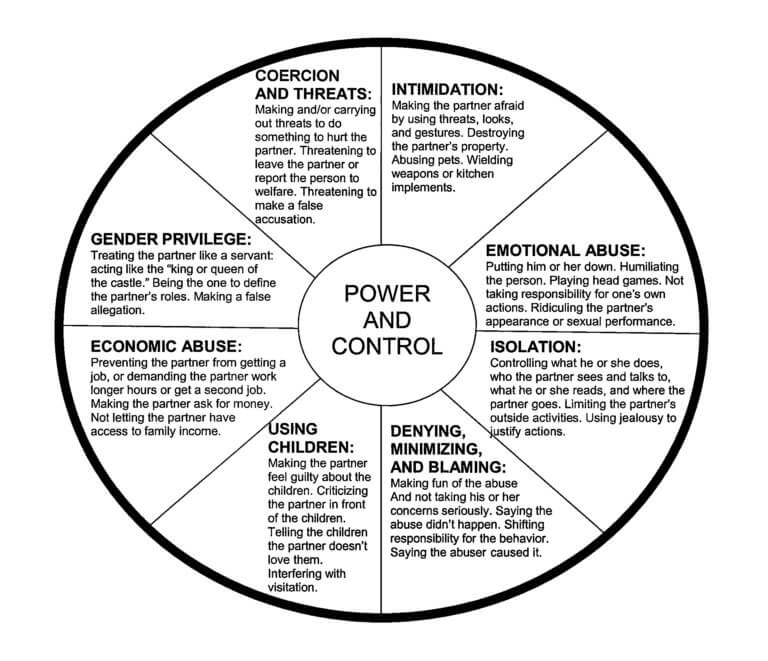 Intimacy issues can come in the form of anxiety, a fear of intimacy, or an avoidant personality. Intimacy issues can push people away, and it’s important to figure out why there is a lack of intimacy in your relationship. Often, intimacy issues can be treated, either by self-care or through therapy. Don’t let your fear of intimacy ruin your life.
Intimacy issues can come in the form of anxiety, a fear of intimacy, or an avoidant personality. Intimacy issues can push people away, and it’s important to figure out why there is a lack of intimacy in your relationship. Often, intimacy issues can be treated, either by self-care or through therapy. Don’t let your fear of intimacy ruin your life.
What intimacy means to a man?
Intimacy can mean the same thing to a man as it does a woman. Many men want an emotional connection and want people who will love them. With that said, there are some issues that are found more in men. For example, many men will have a fear of intimacy due to them worrying about losing their independence. Other men may confuse intimacy with having sex.
How do you know when a man is emotionally unavailable?
A man is emotionally available when he will not open up to you. Instead of talking about his feelings, he may be a sarcastic person or seem aloof.
Another way you can tell if a man is emotionally unavailable is if he keeps his past life a mystery. Everyone likes a bit of mystery, but not when it’s someone who you’re trying to commit to.
Everyone likes a bit of mystery, but not when it’s someone who you’re trying to commit to.
Some men take a while to open up, especially if they have a fear of intimacy they need to get over, and you can sometimes find a good man in the middle of all the mystery. However, if a man won’t open up no matter what, you may want to look somewhere else for companionship.
What is fear of intimacy called?
The fear of intimacy is something that is made up of other fears, the main two being aphenphosmphobia, which is the fear of someone touching you, and philophobia, which is when you are afraid of love. Other fears can also make up the fear of intimacy.
How do I know if I am asexual?
Asexuality is when someone has a lack of sexual attraction to people. It can be a spectrum, with some people who identify as asexual experiencing sexual attraction in certain circumstances. Some people may enjoy sex, but they lack a sexual attraction. However, how do you know if you’re asexual or if you have another issue that’s preventing you from engaging in any sexual attraction?
It can be hard.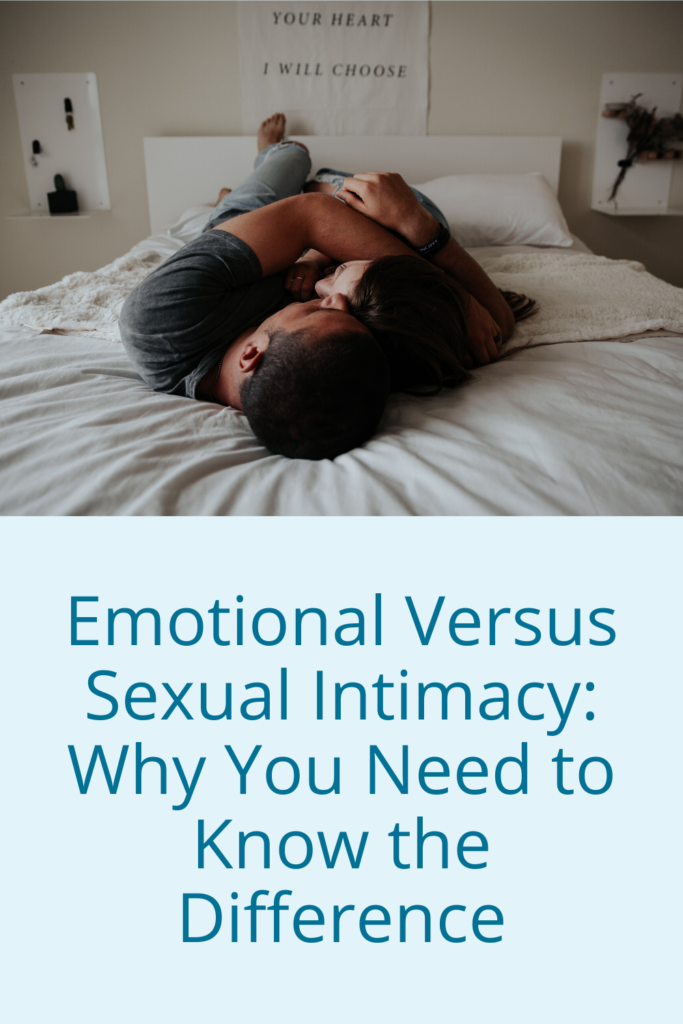 A low libido could be something more physical, while asexuality is more mental. However, a low libido could be mental as well.
A low libido could be something more physical, while asexuality is more mental. However, a low libido could be mental as well.
If you suspect you're asexual, you should talk about it to a sex therapist or another professional. They can help you determine if you're asexual or if you have another issue, like low libido or fear of intimacy.
How do you date someone with intimacy issues?
There are many good people who have a fear of intimacy, and if you are dating someone like that, you may wonder if you should keep the date. Let’s be clear that the fear of intimacy doesn't mean that the person doesn’t want to be in a relationship; there may be certain kinds of trauma that are making the person this way.
One way you can date someone with intimacy issues is to be patient. Rushing someone who has an intimacy problem will scare them away. Another thing you should do is to open up. Show people with a fear of intimacy some vulnerability. Doing this can help the person open up immensely.
Finally, one way you can overcome the fear of intimacy for someone you are dating is to seek help from a couples counselor or therapist. Many therapists deal with couples who are dealing with the fear of intimacy, and they can help both parties be more understanding with the condition.
Be patient, keep trying, and the fear of intimacy ultimately will disappear over time, assuming you were meant to be.
How do I accept intimacy?
If you have a fear of intimacy, learning to accept it is hard. Sometimes, it can involve improving your self-esteem and realizing that you do deserve care. Other times, we overcome our fears through gradual exposure. It can be hard to accept love, so you may get past your fear of intimacy by accepting love from something smaller.
Learning to accept intimacy also involves speaking to a counselor or a therapist. Your fear of intimacy may stem from some unresolved trauma, which a therapist may be able to help you with.
What does intimacy feel like?
Obviously, something that’s intangible like an emotion can be hard to know what it feels like, but intimacy is the feeling that someone understands you and has a deep bond.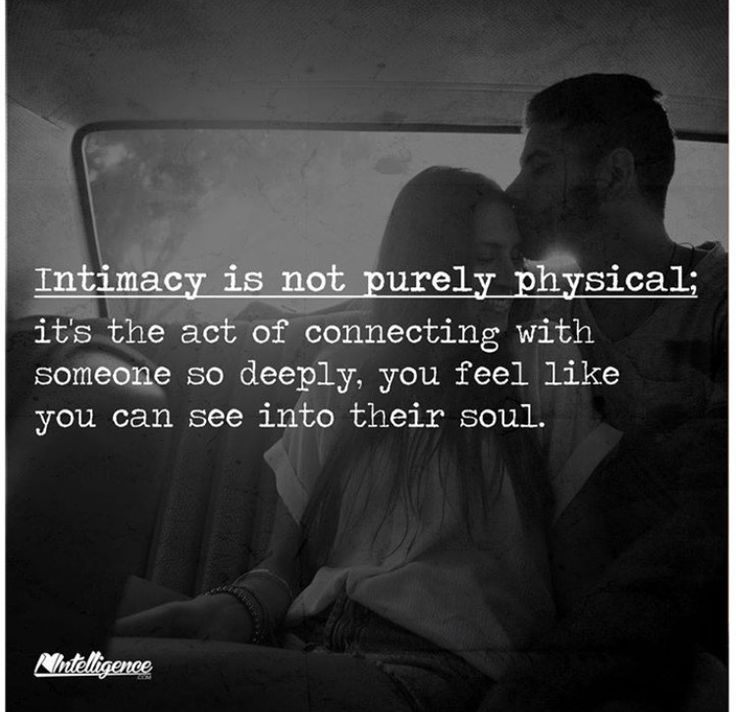 This can feel relieving, especially if you normally feel like no one cares about you or understands you.
This can feel relieving, especially if you normally feel like no one cares about you or understands you.
How do you know if a guy has intimacy issues?
A guy has intimacy issues, or a fear of intimacy, if he doesn’t want to open up about himself to anyone. He may also have intimacy issues if he is afraid of being touched, or on the opposite end, if he just wants sex without any emotional bonds.
This can be due to a personality that lacks intimacy, or intimacy may trigger a fear in his mind. It could be due to past relationships as well. There are many reasons why a man may feel a lack of intimacy, but some men like this will open up after a while. They can be like a puzzle that’s a little bit difficult to solve, but once you do, you feel accomplished.
Are men afraid of intimacy?
Some men may have a fear of intimacy, but others have plenty of intimacy. With a man, there may be certain reasons why he’s afraid. For one thing, a man can have a harder time finding a relationship, and when he does end up with one and the person breaks up with him, it can hurt.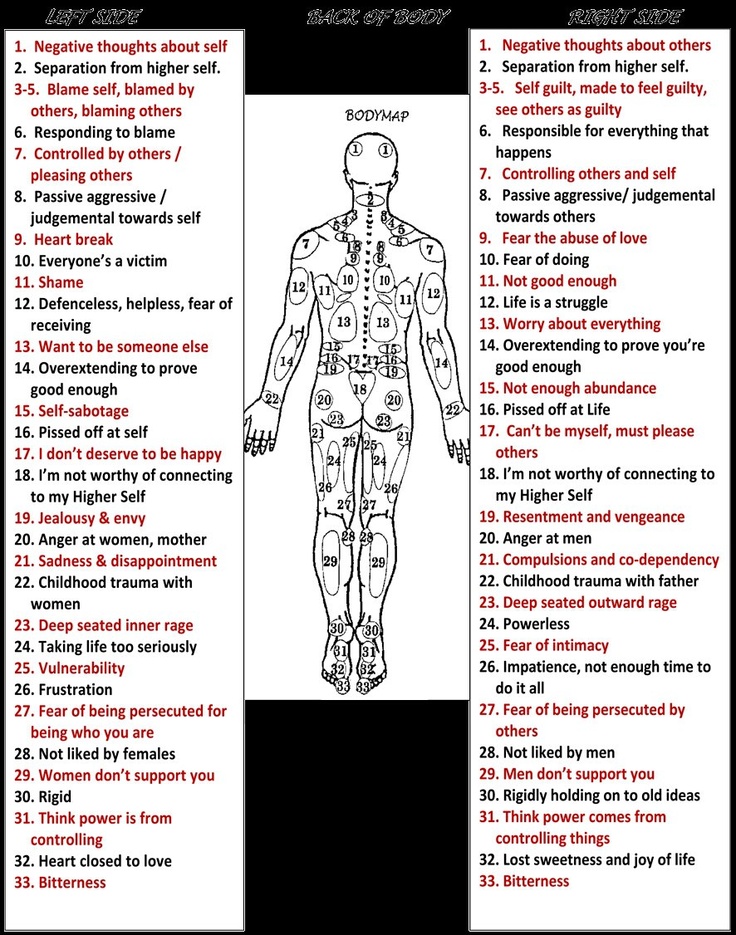
Another reason a man is afraid is if he’s been taught not to show any emotion, or if his personality relies on casual relationships.
What does intimacy include?
Intimacy includes many things, depending on what type of intimacy it is. Physical intimacy, for example, isn’t just sexual, but it can involve hand holding or hugging. Intimacy is anything that makes you feel a connection with someone.
How does a man feel loved?
It’s subjective, but many men feel loved when the spouse is honest. Telling them directly you love them and showing affection, respect, and care can make a man feel loved. Of course, it goes both ways. The man needs to show he loves you, too.
What are the four types of intimacy?
If you're new to the world of intimacy, there are four types. Let’s talk about the types, as well as the intimacy signs.
Physical
This is perhaps the best known type of intimacy.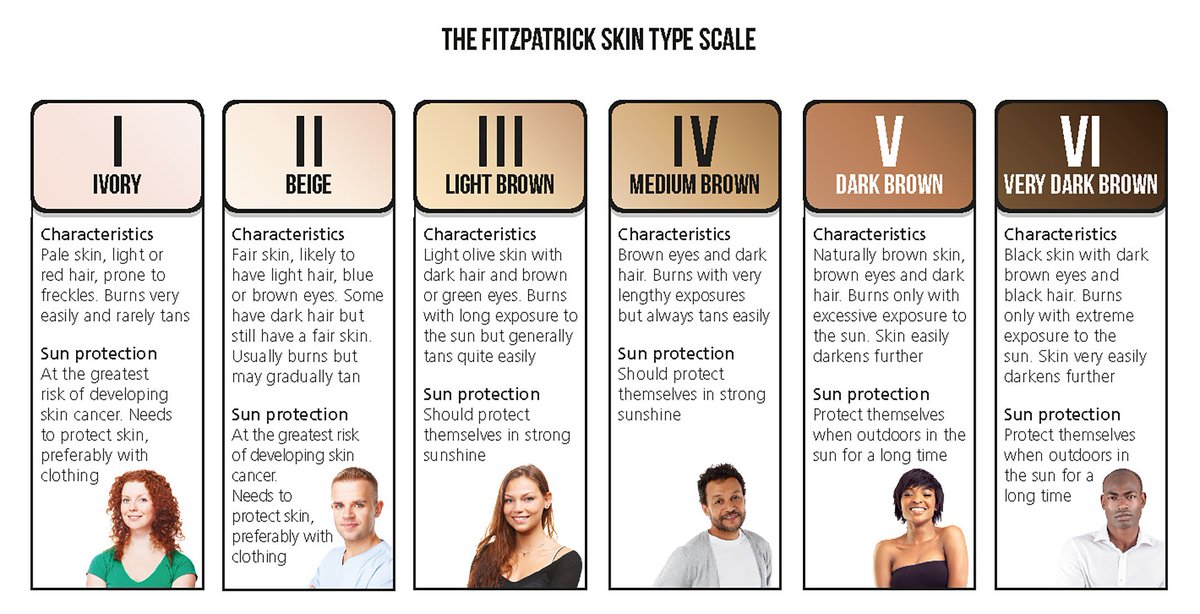 Physical intimacy signs include touching, hugging, kissing, sex, the list goes on.
Physical intimacy signs include touching, hugging, kissing, sex, the list goes on.
Mental
If your state of mind is similar to someone else, there can be some intimacy.
Emotional
This is when you care about the person and their feelings. You can have an emotional connection to some acquaintances, but you may not care about them too much outside of that.
Spiritual
Spiritual intimacy can be hard to explain. For some, it has a bit of a supernatural feeling. It can also mean you’re at peace with each other, or respect each other’s beliefs.
Does intimacy mean love?
Meanwhile, someone can be extremely physically intimate with someone, but not be in love. It all depends on the context.
What does an emotionally unavailable man want?
A man who is not available emotionally may want a casual friendship, but will not go beyond that. Whether it’s past trauma, a fear of intimacy, intimacy anorexia, or another issue, a man who is not available emotionally won’t open up to you about anything deep. They may be a nice guy to be around, but if you want a deep connection, it may take a while, or it may not happen at all.
They may be a nice guy to be around, but if you want a deep connection, it may take a while, or it may not happen at all.
How do you make a man want you sexually?
Sexual attractions is important with regard to love and intimacy. Obviously, you need to have an emotional bond, but a physical one is important, too. Here are some ways to make a man want you sexually.
- Ask what turns him on. This can give you an idea of how to dress, what to say, and what to do. Obviously, don’t do something that makes you feel uncomfortable, but if you both are liking it, that’s a plus.
- Try new things in bed. By mixing it up, it can increase sexual attraction.
- Seek help from a sex therapist if you’re still having sexual problems. It could be another reason that requires a little bit of therapy, such as intimacy problems or a general fear of intimacy.
How can I attract my man emotionally?
While looks play a part in building intimacy, one of the best ways to build intimacy over time is an emotional connection.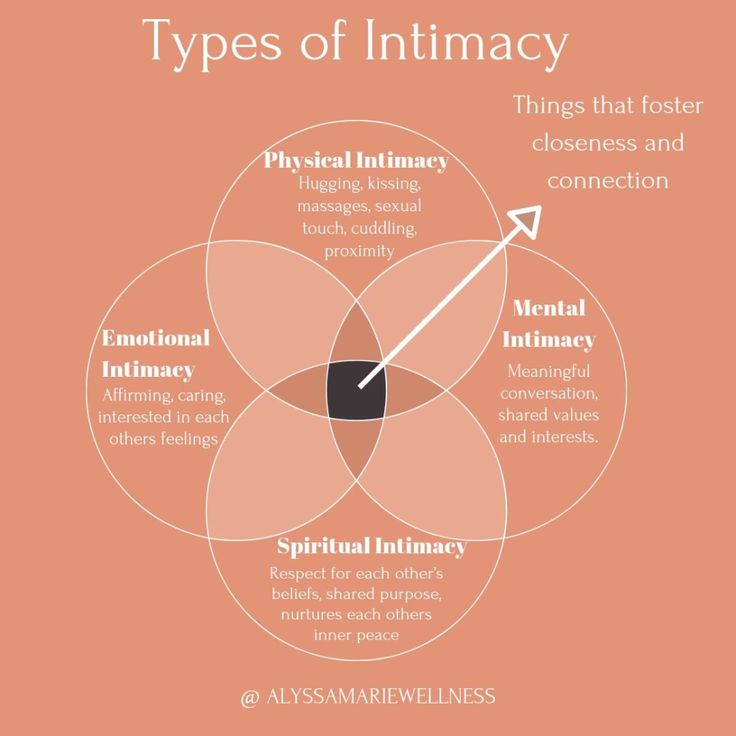
In order to attract someone emotionally, here are some things you can do.
- Talk about yourself. You don’t have to reveal every single secret, but be open.
- Show interest. Make eye contact, talk in an interested tone, and be mindful.
- Do things with them. Go to the movies, go to the park, do anything else to build a connection.
- Sometimes, opposites can attract, but it’s important to have things in common as well. Those interested in intimacy that lasts a long time should have various hobbies and other activities they have in common.
Why do I fear intimacy?
There are many reasons why you may fear intimacy or have issues with intimacy. The most obvious example is childhood trauma. If something in your childhood made it so that you don’t want to trust people, this might be a reason. Intimacy is rooted sometimes in how close your parents were to you. If you had poor attachment, you may have experienced a fear of rejection because of it.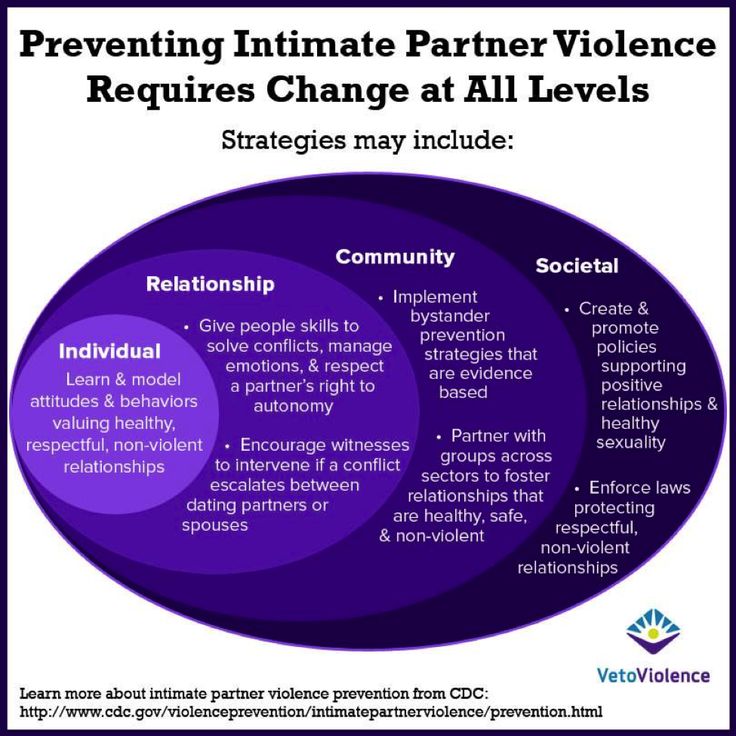
Childhood trauma isn’t the only reason. The fear of intimacy can be due to something that happened in your teen or adult years. For example, you may have the fear of abandonment after your significant other walked out on you.
Finally, there may not be a clear cause. It may just be a part of your character. Regardless of the origin, the fear of intimacy ultimately benefits from seeking help and being mindful of why you feel this way.
Why does intimacy make me uncomfortable?
There are many reasons why intimacy can make you feel uncomfortable. For example, you may have the fear of being rejected, and this makes it hard to develop any intimacy. You may have the fear of being abandoned, which makes it also difficult.
Sometimes, it may be due to past trauma. Sexual abuse can lead to a fear of sexual intimacy, or a past relationship that went wrong can make you afraid to be intimate. How you were attached to your parents as a child may be another reason why you are afraid of intimacy.
It may be due to your personality. For example, for romantic intimacy, you may be someone who just feels uncomfortable with a long-term commitment.
No matter the case, if you feel uncomfortable, you should seek help from a counselor or therapist. They can help you find the reasons for feeling this way and tell you how you can get past the fear of intimacy.
What are intimacy issues?
This is known as the fear of intimacy. This is when you are afraid of forming any close bonds with people. It can come in the form of you not wanting to talk about your emotions, even with someone who is close to you. The fear of sex is another intimate issue that you may have.
Intimacy issues can be due to childhood trauma or be a natural part of your personality. Either way, it’s important to seek professional help if these intimacy issues make it difficult to hold any relationships.
How do you date someone with intimacy issues?
If someone has a fear of intimacy, they are dateable, but there are some tips to keep in mind.
- First, be patient. Building intimacy is possible, but not by rushing it. For example, if someone has a fear of being controlled, avoid doing anything that may come across as controlling, even if you didn’t mean it that way.
- When you want to discuss any fears, make sure both of you are in the mood to do so. Don’t do it after an argument.
- The person with the fear needs to be the one who wants to overcome the fear. Encourage them, but don’t force them to do anything.
- Seek help from a therapist. A therapist can dive into the person’s fast to figure out how their intimacy over time developed. If the person does not want to seek help, you can also benefit from speaking to one. They can help you learn strategies towards overcoming a fear of intimacy that your partner has.
- Finally, make sure to take care of yourself. It’s good you want to help your partner’s intimacy anxiety disorder and improve intimacy in your relationship, but you need to take care of yourself too.
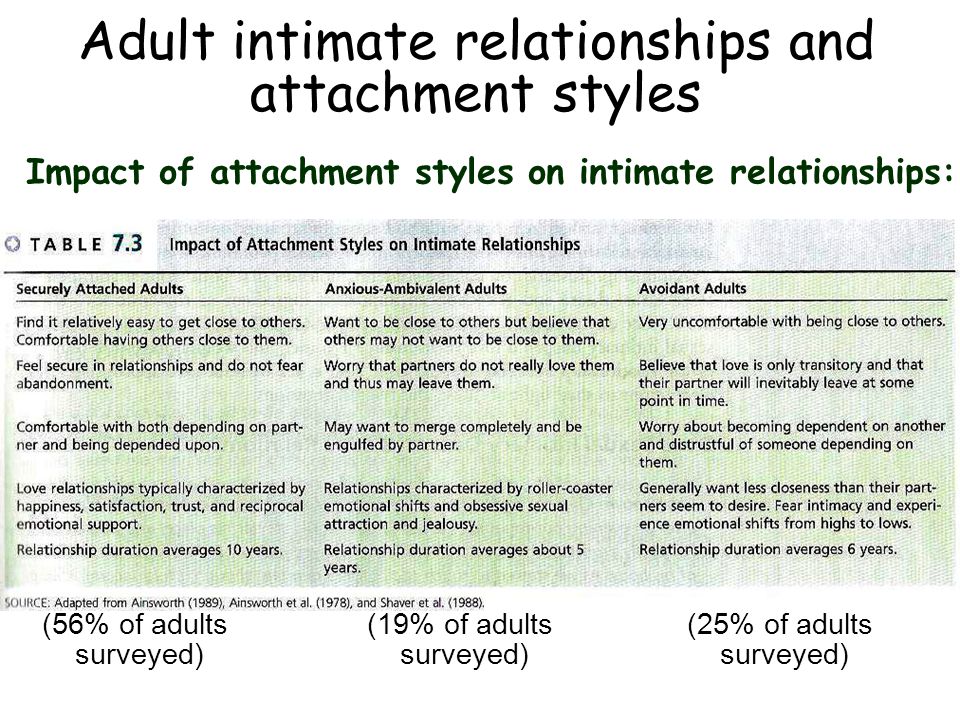 If the person who fears intimacy won’t open up to you, perhaps it’s time to end the relationship.
If the person who fears intimacy won’t open up to you, perhaps it’s time to end the relationship.
How do you overcome fear of intimacy?
Overcoming a fear of intimacy can be a challenge, especially if the person who fears intimacy has an extreme case. Here are some ways they can overcome it.
What are the four types of intimacy?
Intimacy comes in many types, even though some people may just associate it with sex or romance. These four types are
- For example, you may have intimacy with someone based on the fact that you two went to the same school as kids, but there may not be any other kind of intimacy beyond that in adulthood.
- Emotional intimacy. One of the fears of intimacy signs includes not wanting to open up to another person, and someone may avoid intimacy due to that fact.
- Intellectual intimacy. This can consist of two friends who argue about politics, but who remain friends regardless. Some people who fear intimacy ultimately may fear this type due to fear of abandonment over speaking their minds.

- Two people may have this intimacy, but not any other form of intimacy. Someone with the fear of sex may be avoiding intimacy of this kind.
Ideally, a good romantic relationship will have a combination of all the above.
What does intimacy include?
Intimacy signs can include many different things. It can be discussing your previous experience.
Anything that makes you feel like you have a connection with someone else could be perceived as intimacy. Chances are, you have some form of intimacy with most people that you meet.
How do you develop intimacy?
Going on dates and playing the game of 21 questions are some ways. Exploring one’s sexuality is another.
The lack of intimacy can ruin a relationship. It’s important to find ways to be intimate. Take some time to have emotional conversations, or go to someplace new. If there are any sexual problems, see a therapist. Do not keep that intimate spark from going out.
Why would a man avoid intimacy?
An aversion to physical intimacy usually begins with observing negative relationships, and/or being in one during your developmental years. When such an experience happens, a man internalizes the script that relationships tend to be dangerous and physical intimacy only increases such danger. If your man grew up watching a relationship where physical intimacy was used as a weapon, then he would naturally become averse to physical intimacy. He might also have an avoidant attachment style as well.
What causes a lack of intimacy?
There are a number of things that might cause someone to fear intimacy. It may have to do with past experiences, especially those of childhood. It’s likely a defense mechanism. You don’t allow yourself to become vulnerable or trust someone else because you don’t want to get hurt.
Fear of rejection
Fear of intimacy may be rooted in fear of being rejected, so you never take those first steps toward building a relationship. You may fear rejection because it happened to you before or you’ve seen it happen to others and you don’t want to experience that kind of hurt.
You may fear rejection because it happened to you before or you’ve seen it happen to others and you don’t want to experience that kind of hurt.
Fear of abandonment
You might be worried that once you’re in an intimate relationship, the other person will leave. Fear of abandonment can be due to something that happened in childhood. It could be the death or separation of a parent or other close adult, which can cause you to have an avoidant attachment style.To help you with your abandonment issues, it would benefit to find a therapist to help you work through it.
Avoidant personality disorder
Avoidant personality disorder, also known as intimacy anxiety disorder, is an anxiety disorder affecting about 2.5 percent of the population. It affects men and women equally and tends to start in childhood.
Symptoms of avoidant personality disorder and avoidant attachment style include:
- Low self-esteem, shyness, awkwardness
- Fear of judgment or humiliation
- Avoidance of social situations
- Oversensitivity to criticism
- Exaggerated sense of potential problems
The cause of avoidant personality disorder and having an avoidant attachment style isn’t clear, but it tends to run it families. One theory is that it’s caused by a combination of genetic and environmental factors. It could be triggered by an instance of rejection or abandonment.The attachment theory might also come into play as well, which is the intense distress experienced by infants who had been separated from their parents. Find a therapist to help you work through your avoidant personality disorder
One theory is that it’s caused by a combination of genetic and environmental factors. It could be triggered by an instance of rejection or abandonment.The attachment theory might also come into play as well, which is the intense distress experienced by infants who had been separated from their parents. Find a therapist to help you work through your avoidant personality disorder
Childhood sexual abuse
Sexual abuse in childhood can lead to fear of intimate emotional or sexual relationships. Such abuse can make it challenging to trust another person enough to become intimate.
Symptoms of fear of intimacy observed in childhood sexual abuse victims often include:
- Inhibited sexual desire, difficulty becoming aroused
- Seeing sex as an obligation
- Feelings of anger, disgust, or guilt when touched
- Emotional distance during sex
- Inappropriate sexual behaviors
- Physical problems such as pain, erectile dysfunction, or difficulty having an orgasm
Some other potential causes of fear of intimacy are:
- Previous verbal or physical abuse
- Parental neglect
- Separation issues involving overdependence on parents and family
- Fear of being controlled or losing oneself in a relationship
As with any sexual abuse or intimacy issues, it would be beneficial to find a therapist to help you work through your issues.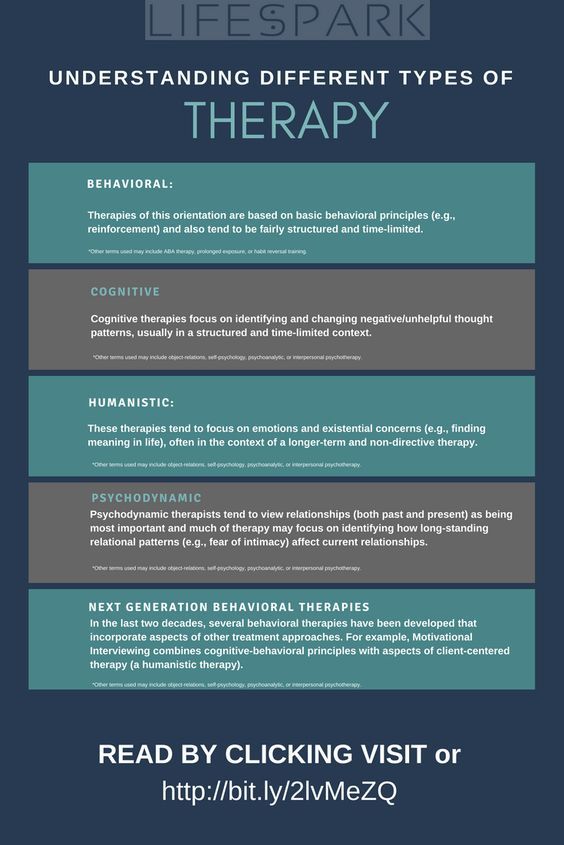
What does lack of intimacy do to a person?
Your confidence level keeps decreasing
Without a doubt, if there is no intimacy, it can take a toll on your self-esteem. Being stuck in a platonic relationship, and having to deal with your advances being shot down or ignored, time after time, can lead you to doubt your ability to satisfy or please your spouse.
You will keep doubting your potential and feel as if you cannot satisfy his/her needs, which is why your relationship is not doing well. This dip in the confidence can quickly spiral out of control and impact your personality outside the bedroom and spillover to your professional life as well as your relationship with your kids, friends and extended family.
You become apathetic towards your partner
Research suggests that marital satisfaction greatly depends on how sexually satisfied you feel. Sex not only helps you feel relaxed and happy but also helps you connect with your spouse on an emotional and romantic level.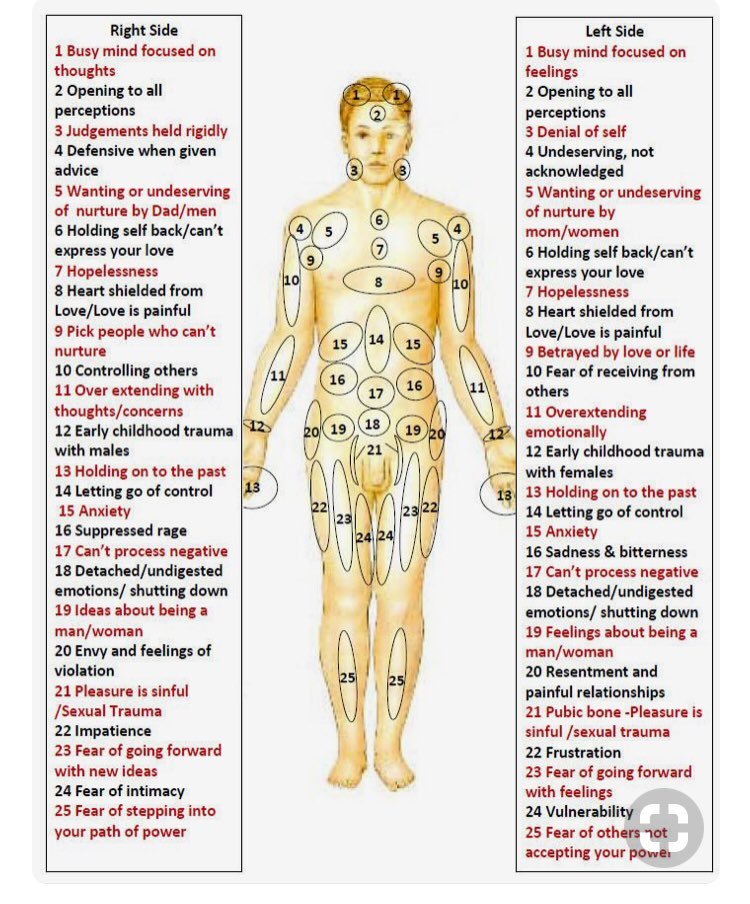 When your marriage is devoid of physical intimacy and sexual desire, that connection fizzles out and you begin to understand one another less and less. This leads to feelings of apathy and resentment. You gradually start drifting apart and living as two cohabitating individuals rather than a couple.
When your marriage is devoid of physical intimacy and sexual desire, that connection fizzles out and you begin to understand one another less and less. This leads to feelings of apathy and resentment. You gradually start drifting apart and living as two cohabitating individuals rather than a couple.
You start avoiding responsibilities
Lost intimacy in relationship can make these responsibilities feel like an added, unnecessary burden. If you find yourself thinking that ‘my wife/husband is not interested in me sexually’, it is not unusual to feel that your role in the marriage is only limited to shouldering responsibilities, doing chores and running errands. This can lead to a whole lot of bickering, nagging and blame-game on who is shirking responsibility and who is doing more for the household.
The risk of indulging in an affair becomes high
One of the most dangerous effects of lack of intimacy in a relationship is that either or both the partners start searching for that satisfaction outside the marriage.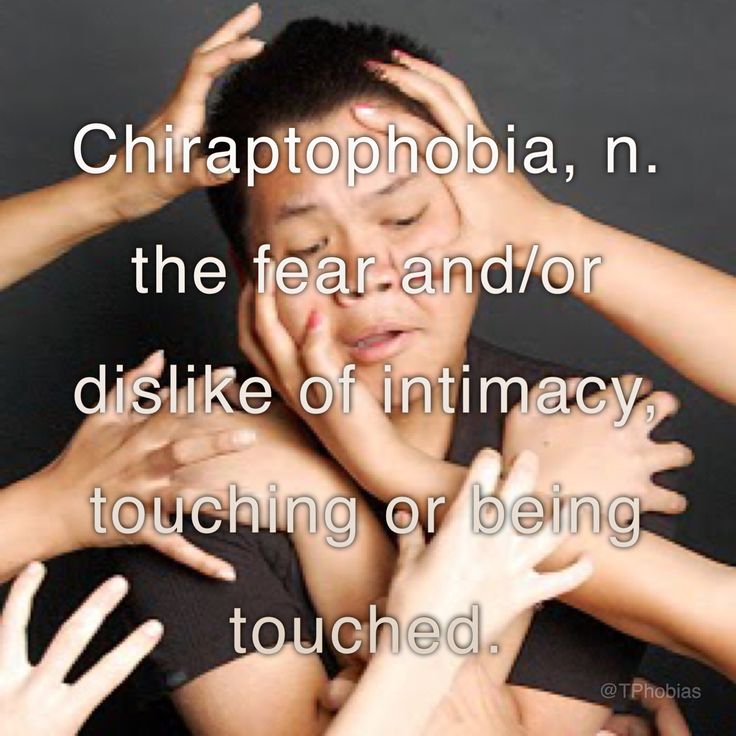 The likelihood of being attracted to someone else when your relationship is not sexually satisfying is a lot higher.
The likelihood of being attracted to someone else when your relationship is not sexually satisfying is a lot higher.
Loneliness haunts you
Being unhappy in marriage because of the lack of physical intimacy clouds your judgement about the relationship. You entertain personal thoughts of separating from your wife/husband often but may not be able to follow through on these out of feelings of shame or pettiness. According to Psychology.com, 50% of sexless marriages end in divorce. However, divorce or separation not only disrupts your life but also places you at the receiving end of haunting loneliness.
You become highly critical of your partner
One declined overture after the other, one sexless night after the other, changes your perception of your spouse. Instead of making efforts to be affectionate and considerate to your spouse’s needs and desires, you tend to be highly critical of them and their actions. Nothing he/she does seems good enough to you and you tend to complain, despite yourself, causing your wife/husband to become withdrawn.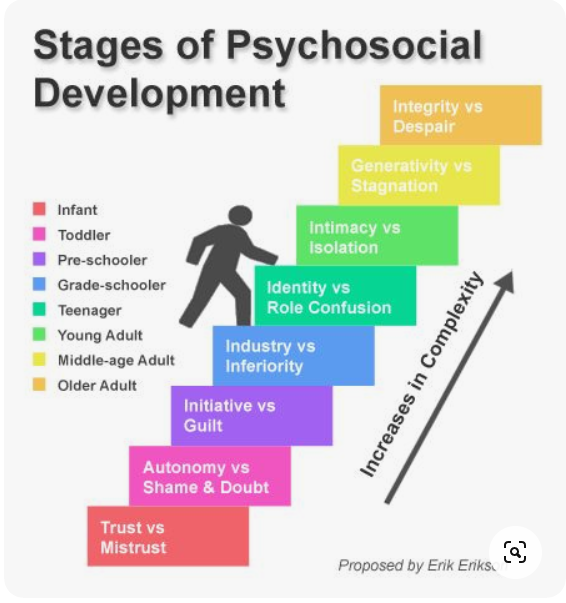 This, in turn, further complicates the problem of lost intimacy in the relationship.
This, in turn, further complicates the problem of lost intimacy in the relationship.
Physical appearance starts taking priority in your life
Taking good care of your body and investing time and effort to work on your appearance with the hope that this may help revive your partner’s interest in sexual intimacy is a good idea. However, if your efforts to win them over with a personality makeover also fall flat, it can dent your self-esteem to no end.
It may also lead to a lot of body image issues taking root in your mind which can lead to eating disorders. Besides, this can quickly turn into an obsessive tendency where a major chunk of your time and energy goes in stoking your sense of vanity, even at the cost of other commitments.
As with any of the intimacy issues, it would be helpful to find a therapist and support groups to help you work through your issues.
How do guys show affection?
They tend to recollect what you tell them
A perfect recollection by guys of what you tell them is an obvious characteristic that shows that they have a true affection for you. On a regular basis, they tend to be attentive when you speak and demonstrate that they take you seriously. It has been observed that when guys take note and remember most things you tell them (even things that are trivial), it automatically shows they have created an important space in their hearts for you— this means that you are important and special to them (they sincerely love you). Some of the things they may tend to remember may include special dates to you such as your birthday.
On a regular basis, they tend to be attentive when you speak and demonstrate that they take you seriously. It has been observed that when guys take note and remember most things you tell them (even things that are trivial), it automatically shows they have created an important space in their hearts for you— this means that you are important and special to them (they sincerely love you). Some of the things they may tend to remember may include special dates to you such as your birthday.
Being Chivalrous
It's an apparent sign that a man loves you when he treats you honorably. Every lady wants to be treated well with much love and care. When this is offered by a man, then it's apparent that he loves you and trying to show pragmatically his affection.
Most women will wish to have a man with good behavior and mannerism. However, it's an unpleasant indicator when a man is reluctant and feel too relaxed in catering for your needs. When a man is in love, he will always strive to satisfy you and keep you safe.
They take care of your basic needs
Everyone's basic needs are important parts of their lives. So, when you positively take care of their needs, you're indirectly creating a better life for them. Most guys will show their affection by seeking different ways to meet your needs or materializing possible chances of making you a better person, comfortable, satisfied, and feel appreciated. These needs may involve sexual desire which will be fully satisfied.
They include you in their regular and future plans
There is always a drive to always think about someone you love and also including them when you make your regular and future plans and decisions. Guys will show their affection by remembering and adding you to their goals, aspirations, and dreams.
They introduce you to important people in their life
Technically, the important people in the life of a guy are his friends and family. If guys truly love you and intend to show affection, they introduce you to their friends and possibly their family. This act indicates that they're proud of your personality and want to show to you that you are special and important to them in all ways.
This act indicates that they're proud of your personality and want to show to you that you are special and important to them in all ways.
They become more intimate or close
Guys usually show their affection by staying close and make physical moves to show that they are truly in love with you. They may, on several occasions, lean, cuddle, hug, and keep their arms around you. All these indicate they have a deep interest in your company and always want to practically show it. This, consequently, will provide you with a sense of certainty, stability, and security in the relationship.
Guys may frequently want to know about your whereabouts anytime you are not with them. Also, when you are together, they will always want to keep you safe.
Kissing them makes them happy
Guys always desire physical nearest between them and those they love. Guys tend to show with smiles that they love when you offer them a great kiss or a peck. Their smiling indicates fulfillment (getting part of what they want in the relationship) and that you are important and special to them.
They have no problem with apologizing
Apologizing is an indicator that you've conquered your pride and that you considerably have the feelings of others at heart. Sometimes, they may apologize even when they are not at fault just to make the relationship work and keep it going—this is a sign that they are deeply in love with you and can't stand losing you.
They offer help when needed
Several men find it difficult to help women or take care of some responsibilities, especially chores in the house. For guys to show their affection, they can go as far as handling these responsibilities to prove that you are special to them. Some may even prepare breakfast and offer it to you before you get out of bed. These acts are all directed toward showing to you that you occupy a special place in their heart.
They travel extra miles to please you
There is always a strong desire to put in an effort to get in line with your family and friends— they may try to make your friends their friends and also want your friends to have a good thing to say about them at their back. They put on nice clothes and act nicely.
They put on nice clothes and act nicely.
They forgive you easily
Guys are "good forgivers" when they deeply in love with you. They trivialize every mistake irrespective of how big it could have been and forgive with ease. They find it difficult to remain mad at what you've done as it causes more pain to them than you. So, they seek possible ways to make the good old days return and ask your forgiveness for them getting angry at you.
They sacrifice Guys' Night out for your company
Most guys don't joke with guys' night out as it makes them feel among, cool, and worry-free. Therefore, when they prioritize your company over this, it simply means they really care for you and they seriously need to show their deep affection.
They never scold you
People normally get angry when they are uncomfortable or tensed. So, it takes a great deal of love for a man to stay calm and speak with no tone of annoyance when they experience an obnoxious situation that may lead to exasperation.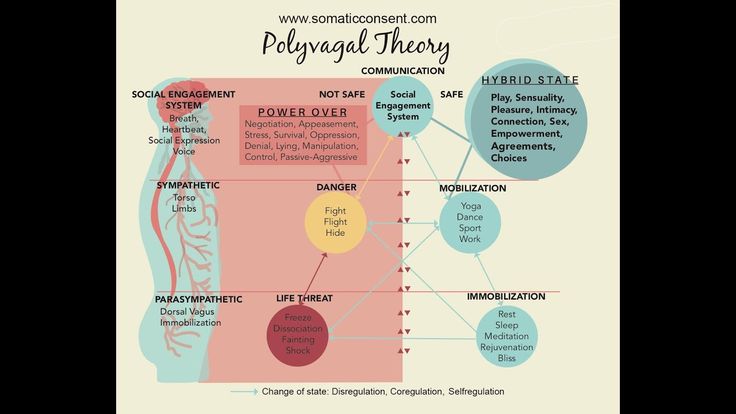 Therefore if they don't scold you but feel glad at all times and smiling when you are in their presence, it shows that they deeply love you.
Therefore if they don't scold you but feel glad at all times and smiling when you are in their presence, it shows that they deeply love you.
They give you every needed attention
Attention is one of the key things that a woman wants in a relationship. Several women tend to stick longer with men that offer then the attention they need than those that don't. So, if guys intent to show affection, they make themselves available when you need them and always proof that they will incessantly be there for you
Is it normal to be scared of intimacy?
Yes, it‘s normal to be scared of intimacy. If you fear intimacy, you fear becoming too close to others. If you have a fear of intimacy, you may be deliberately avoiding intimacy or you may not realize you’re doing it. There may be underlying mental health issues as well like anxiety disorders causing the fear.
Why do I push people away?
You may push people away because you don't feel like you're worth others' time and energy.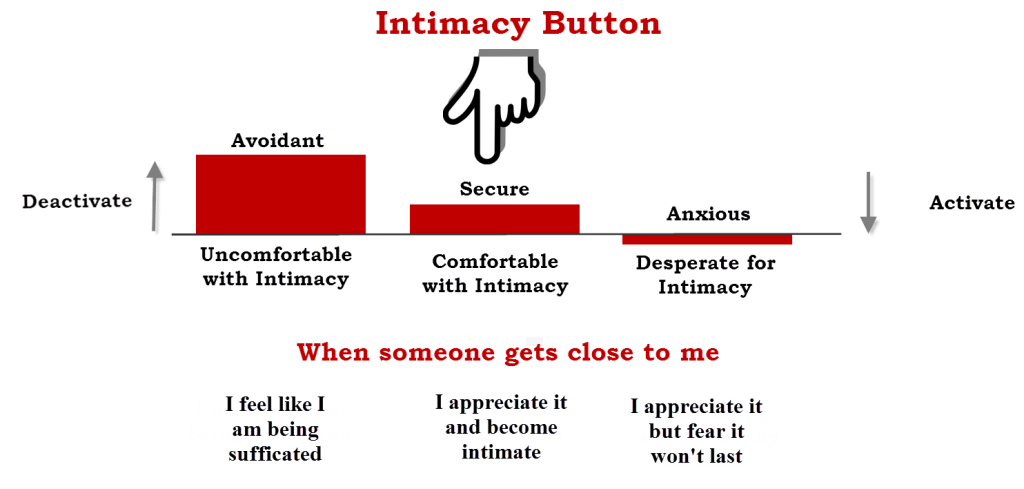 This problem relates to low self-esteem and self-compassion. Low self-esteem can stem from other mental health struggles, like depression or anxiety disorder. You could be intimacy phobic. It can also trace back to your childhood when your inner voice was shaped. The attachment theory might explain this, which is the intense distress experienced by infants who had been separated from their parents. As with any intimacy issues, it would help you to find a therapist to help you work through your issues.
This problem relates to low self-esteem and self-compassion. Low self-esteem can stem from other mental health struggles, like depression or anxiety disorder. You could be intimacy phobic. It can also trace back to your childhood when your inner voice was shaped. The attachment theory might explain this, which is the intense distress experienced by infants who had been separated from their parents. As with any intimacy issues, it would help you to find a therapist to help you work through your issues.
Why do I push men away?
Here are some possible reasons:
- Because you have trust issues
- Because you have relationship issues
- You have an avoidant attachment style
- Because relationships take courage that you are too scared to have
- Because some men don’t provide enough value to you in order to warrant us being very
- Because somebody else abandoned you. And pushing people away is a coping mechanism for perceived eventual hurt.

- You question his sexual desire for you
- You’re avoiding intimacy because of intimacy fear
- Because you want to feel in control
- You’ve had previous bad intimate relationships
- Forming close bonds with men is difficult for you
- You suffer from anxiety disorders or substance abuse
- Because being wide open and vulnerable to yourself means you have to accept yourselves. And you don’t always accept yourself
- Close relationships and romantic relationships scare you
- You may have suffered from childhood sexual abuse
- You don’t believe you’re worthy of love
- Because you got used to wearing masks. Masks have become your way. And it now takes less energy to wear these masks than it takes to surrender to you
As with any intimacy issues, it would be helpful to find a therapist and support groups to help you work through your issues.
Why do I push away those closest to me?
- Some people can't help but push their partners away because of a fear of intimacy
- Sometimes this is because they had a tough upbringing, and find it difficult to connect with people
- You have an avoidant attachment style
- Others may have been through trauma later on, such as an abusive relationship
How do you push someone harder?
One way to up the ante and push harder is to completely lose all ties with the person.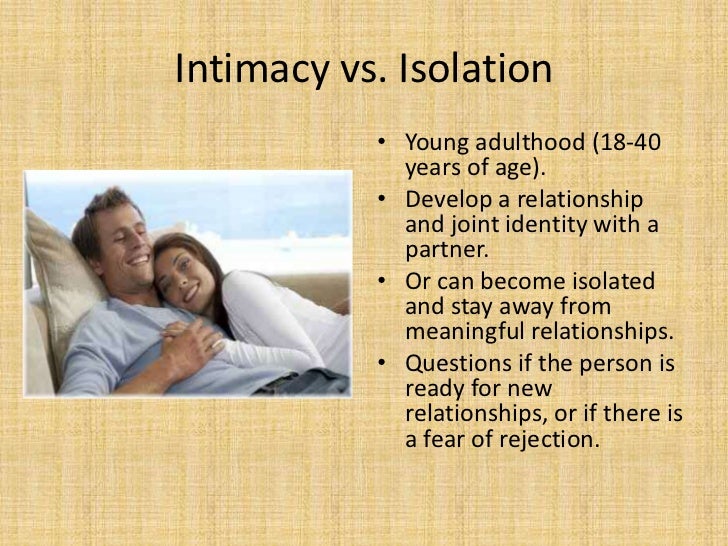 No communication, no sex life, nothing. That sends a clear sign that you don’t want to be intimate or have any connection with them. As with any intimacy issues, it would be helpful to find a therapist to help you work through your issues.
No communication, no sex life, nothing. That sends a clear sign that you don’t want to be intimate or have any connection with them. As with any intimacy issues, it would be helpful to find a therapist to help you work through your issues.
How do you know if you're pushing him away?
- You’re too available
- You think he should be able to read your mind
- You’re guilt-tripping him
- You’re oversharing with him
- Your intimacylevel and sex life is off – either too little or too much
- You stopped being your own person
- You’re constantly judging him
- You’re trying to change him
- Everything is a test with you
What do you do when you push a guy away?
You have two choices when you push a guy away: you either stay away or you can choose to build the trust with him and try to work on the relationship again. As with any of the intimacy issues, it would be helpful to find a therapist to help you work through your issues.
what is the fear of intimacy and why it occurs
Fear of intimacy hides many other problems associated with low self-esteem, traumatic experiences in relationships, vulnerability. Someone decides to work through negative attitudes with a therapist, while others prefer to abandon the relationship. We understand what the fear of intimacy is, why it arises and what to do if your partner turned out to be counter-addicted.
How the fear of intimacy manifests itself
You may have come across the following situation: a person enters into a relationship (friendly or romantic), he is sincerely interested in his partner, but at one moment he suddenly becomes cold and begins to move away. This is one of the ways to avoid real emotional intimacy, such fear is one of the types of psychological protection. This type of attachment disorder is also called counter-dependence, or avoidance addiction.
Counter-addicts actually want to build close relationships, but unconsciously fear them and avoid them in a variety of ways.
-
One of them is the construction of "ideal images" that no one will match in real life.
-
The desire to become perfect oneself is also characteristic - this is how the attitude appears that only “perfect” people can build relationships. As a rule, in this case, a person fills all the time with some additional activities and at the same time it seems to him that he is doing “not enough”.
In addition, because of the fear of intimacy, some people tend to choose partners who are indifferent to them, because in this way they experience the desired emotions and feelings and at the same time maintain an emotional distance. Such a choice is unconscious, and the person himself constantly asks the question “Why don’t they love me?” or "Why do I never get reciprocated?".
Causes of avoidance addiction
Counterdependence is associated with a feeling of vulnerability, fear of being rejected.
“Because intimacy in a relationship makes a person feel more vulnerable and creates the potential for strong negative emotions, it is often avoided.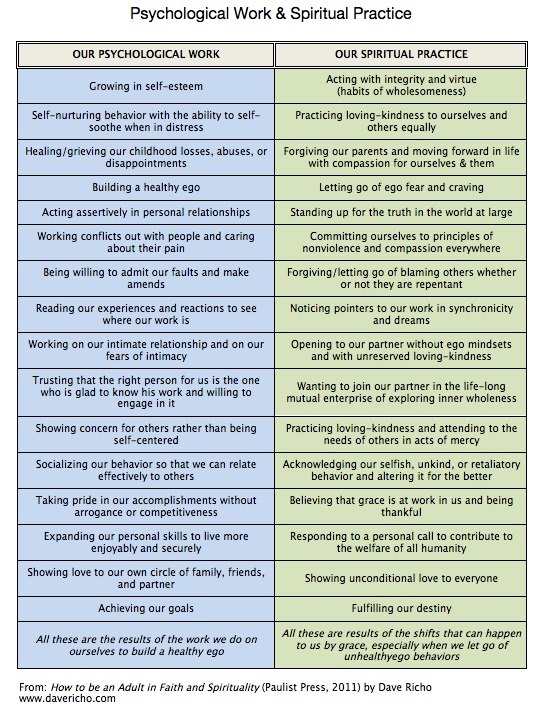 This does not mean that such people do not have enough friends. They may even be considered popular, especially since they are likely to be successful and competitive. However, such people are unlikely to share their personal experiences with others and may occasionally feel socially isolated.”
This does not mean that such people do not have enough friends. They may even be considered popular, especially since they are likely to be successful and competitive. However, such people are unlikely to share their personal experiences with others and may occasionally feel socially isolated.”
Hal Schori, Clinical Psychologist and Professor of Clinical Psychology at Widener University
Most likely, the person was not accepted in a previous relationship, be it family, friends, classmates, former lovers. Of course, like many psychological traumas, the roots of the problem go back to early childhood.
“Most self-protection strategies are formed in early childhood. For a child, they represent the best solution that he resorts to in difficult situations. Subsequently, these strategies become unconscious and are automatically activated each time when we find ourselves in a situation similar to those childhood crises that were never resolved in their time.
Ilse Sand, psychotherapist, author of the book “Fear of Proximity.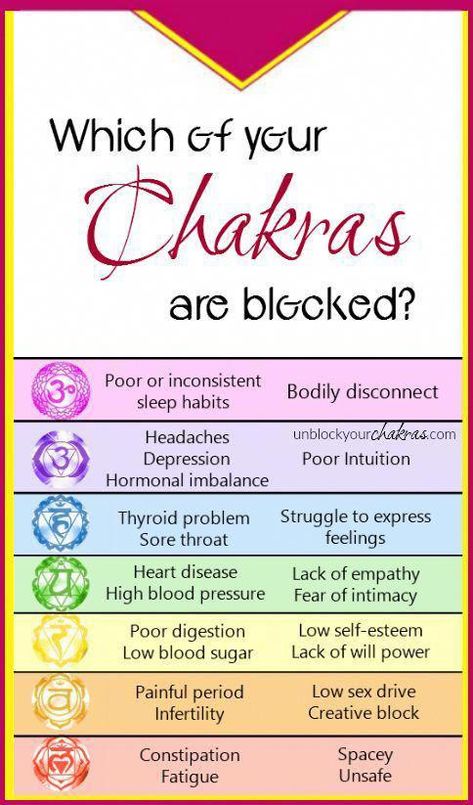 How to stop being defensive and start loving”
How to stop being defensive and start loving”
Perhaps the child did not receive enough care from his parents (for example, they spent too much time at work), faced high demands on himself, because of which he believed that “love must be earned.”
“At the same time, it doesn’t even matter whether the parent really showed such behavior or whether his child just saw and felt it. For example, the mother worked hard and tried very hard to pay attention to the child, but it was not enough.”
Ilse Sand
Another reason may be the parents' overcontrol, who forbade any form of independence. So, the child began to associate close relationships with lack of freedom, he felt pressure on himself. These feelings persist, and the notion emerges that emotional intimacy equals incarceration and independence.
It is also possible that the child separated from the mother too early, because of which he did not have enough care. He has some loss, and the trauma from it remains. Relationships are associated with pain, and it is easier for a person not to start them at all than to be rejected at some point.
Relationships are associated with pain, and it is easier for a person not to start them at all than to be rejected at some point.
How to cope with the fear of intimacy
In order to find the causes of fears and, accordingly, ways to work on them, it is worth contacting a psychotherapist. In the course of working with him, you will be able to:
Learn to recognize your own feelings
Since some people with avoidance addiction do not know how to recognize their feelings, one of the first steps in psychotherapy is working with their emotions. If a person also learns to express them correctly, he will be able to state his experiences, worries and discuss them with another person.
Learn to build personal boundaries
Personal boundaries are essential in building any relationship, even the closest. The task is to understand where these boundaries are and how to designate them. Due to weakly built personal boundaries, counterdependent people can avoid conflicts, because they become vulnerable in such situations.
Get rid of false beliefs
Counterdependent people have such false beliefs as "If I get close to someone, the person will see my imperfection and leave", "Love and care must be earned", "If I enter into a close relationship, then I will lose my freedom." Working with irrational attitudes is to reformulate them and realize these changes.
What to do if you're in a relationship with a counter-dependent person
Hal Schori, a clinical psychologist and professor of clinical psychology at Widener University, suggests talking to your partner more often about your emotions, thereby showing him that it's safe to show them.
If the avoidant needs to leave, don't chase him. He will just run faster. Give this person enough space and the opportunity to worry and miss you (of course, for this you will need to be able to regulate your own emotions). "This mode of communication can become an emotional mirror that will help the avoidant person gain more personal awareness," writes Schori. The psychotherapist also does not recommend holding a person if he once again seeks to escape: such attempts will only push him away.
The psychotherapist also does not recommend holding a person if he once again seeks to escape: such attempts will only push him away.
At the same time, Hal Shorey states: "Realize that if you need more intimacy in your relationship, you may have chosen a partner who will have a hard time giving it to you" . Accordingly, excessive demands will not allow you to build a healthy relationship.
Lyubov Karas
Tags
#psychology
#erudition
Counterdependence in relationships: what it is and how to get rid of it The thought of talking about needs, desires, sharing life with others causes them fear and deep pain. What is the reason for counter-dependent behavior and how to behave in a relationship with such a person, says Gestalt therapist Valentin Oskin.
In contrast to co-dependency - a painful attachment to another person, counter-dependence is the rejection of attachments and the lack of need for other people. Otherwise, it is called addiction avoidance. Counterdependence concerns not only specific people, but the widest possible social circle - family, friends, colleagues and just acquaintances.
Otherwise, it is called addiction avoidance. Counterdependence concerns not only specific people, but the widest possible social circle - family, friends, colleagues and just acquaintances.
Finished reading here
Counterdependents avoid all intimate - in the broad sense of the word - contact with other people, which usually leads to emotional closeness and isolation. In the psychological literature, a counter-dependent person is described as active, acting brightly, strongly, often outwardly demonstrating high social success. Often counterdependent people are characterized by a sense of superiority, a stable idea of themselves as the best, and this is expressed in dismissive criticism of others, exaggeration of their own abilities and belittling of others.
A counterdependent person tries with all his actions, thoughts and feelings to prove that he does not need other people, their society, help, love, and often he will be very successful in this.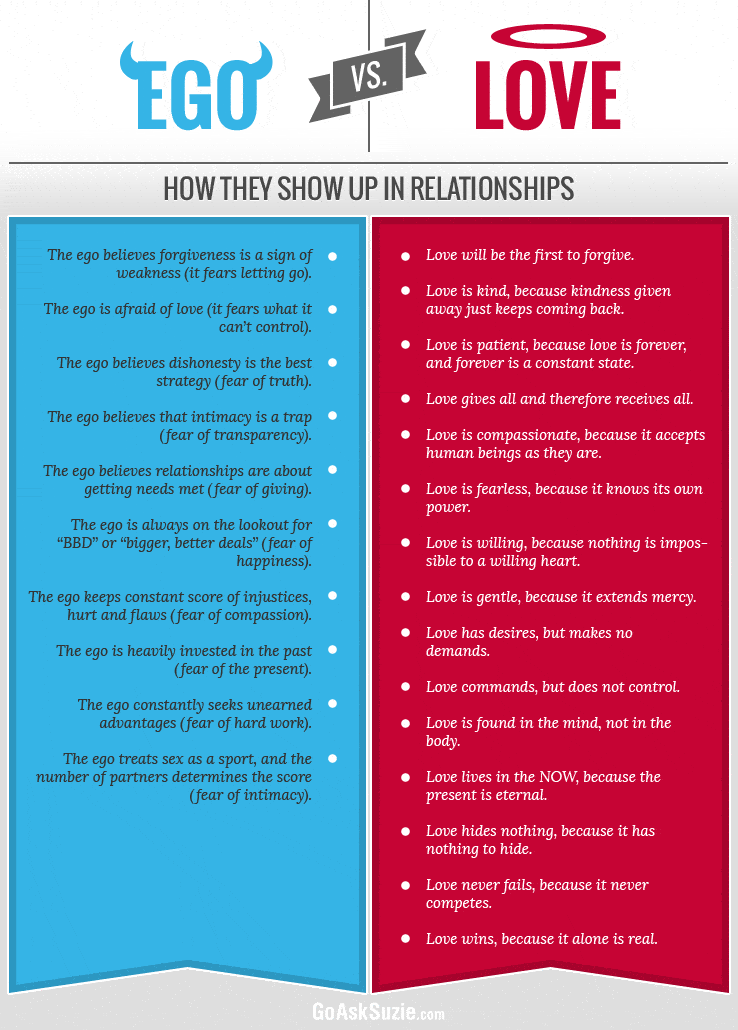 However, in reality, such manifestations are part of avoidance behavior, the essence of which is to avoid the pain and fear of closeness with other people by all means.
However, in reality, such manifestations are part of avoidance behavior, the essence of which is to avoid the pain and fear of closeness with other people by all means.
Counter-dependent people panicky distrust others, because they are painfully afraid of the consequences: they refuse to ask for help, even when the situation suggests it, they strive to be completely independent. They act on the principle of avoidance, in conflicts they do not clarify the opinions or needs of the people around them, even if it is necessary. It is difficult for them to relax, because everything requires their attention and control, and to trust, delegate, ask is like death. At the same time, inside they feel a strong need for close relationships and at the same time strong fear.
Counterdependent people are often exaggeratedly demanding of themselves, such exactingness is usually expressed in exhausting themselves with work, constant pursuit of an unattainable ideal, and strong self-flagellation. This leads to an extremely pronounced feeling of loneliness and depression. They crave intimacy, but feel shame or guilt for needing it.
This leads to an extremely pronounced feeling of loneliness and depression. They crave intimacy, but feel shame or guilt for needing it.
Related material
Causes of counter-dependence
Counter-dependence begins in childhood — at the age of six months to three years, when the child learns to build relationships with parents, absorbs primary (and most basic) knowledge about himself, the world and people. And if in the perception of the child the parents are distant or rejecting, and the environment and other people are cold and dangerous, then in order to survive, the child often forms a strategy of detachment and independence. This is called developmental trauma.
There are two types of such trauma: separation trauma and attachment trauma. The first 9-11 months of a child's life is the stage of attachment formation - he forms a bond with his mother. When attachment is formed, by the age of 3, it is important for children to gain their first independence and separate from their mother. If trauma occurs at any of these stages—for example, the mother suddenly disappears from the child's life in the first year or later interferes with the development of his independence (for example, by excessively demonstrating anxiety), then this can lead to the development of counterdependence as a strategy for behavior and survival in conditions fear of close relationships. This strategy is carried over into adulthood.
The first 9-11 months of a child's life is the stage of attachment formation - he forms a bond with his mother. When attachment is formed, by the age of 3, it is important for children to gain their first independence and separate from their mother. If trauma occurs at any of these stages—for example, the mother suddenly disappears from the child's life in the first year or later interferes with the development of his independence (for example, by excessively demonstrating anxiety), then this can lead to the development of counterdependence as a strategy for behavior and survival in conditions fear of close relationships. This strategy is carried over into adulthood.
There are other circumstances: emotional or physical abuse, but much more often - neglect, when a person at an early age or in a meaningful close relationship was simply not seen, heard, not noticed or appreciated. Perhaps you had to meet the needs of parents who were too tired, too busy to understand that the child also had needs. Or you had to show yourself to be the perfect child, demonstrating brilliant achievements, in order to get any parental attention at all.
Or you had to show yourself to be the perfect child, demonstrating brilliant achievements, in order to get any parental attention at all.
The counter-addict believes that asking for help is a weakness. He regularly encountered the fact that any request for satisfaction of his own needs was met with ridicule or refusal. Or, even worse, he met ignorance as the only reaction. Such a child grows up fearful of close relationships. The thought of talking to someone about your needs, desires, sharing life, causes fear of being abandoned or rejected, and at the same time pain from the inability to share your life with loved ones. Therefore, counterdependent people maintain the appearance that everything is fine with them, feeling lost and alone.
Related material
How counter-dependency differs from codependency
Counter- and codependency are two extremes of the same spectrum of developmental trauma.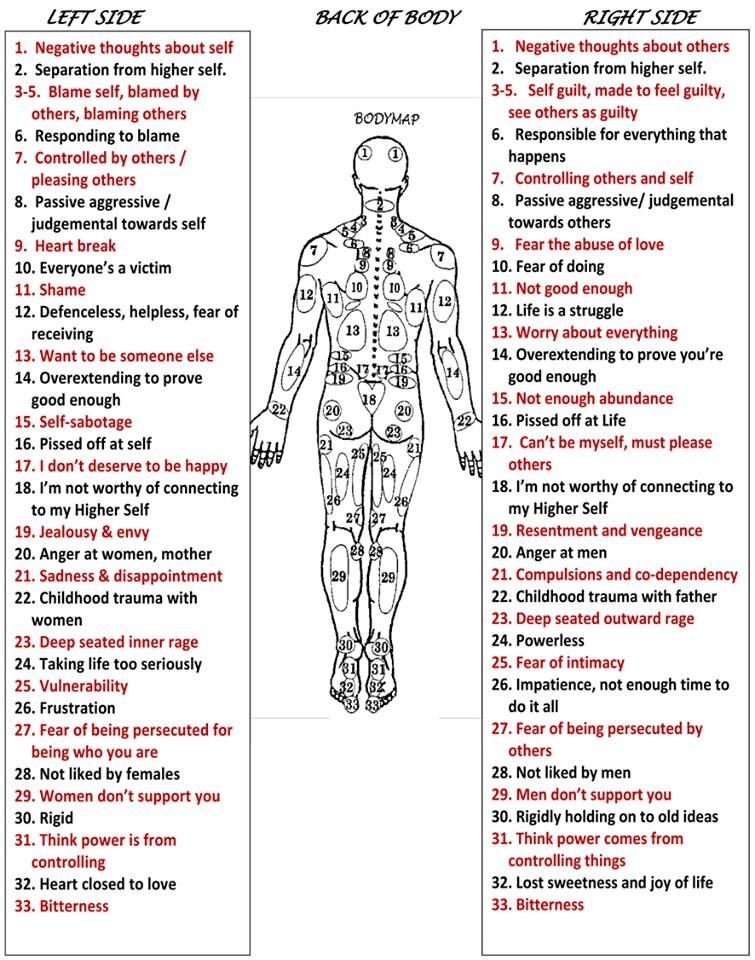 Codependency is a condition characterized by deep preoccupation with and intense emotional, social, or even physical dependence on or relationship with another person. A codependent person is painfully "sticky", makes extreme sacrifices to satisfy the needs of his partner. The mood and emotions of codependents are often determined by how they think they are perceived. Psychologists Berry and Janey Weinhold, in Flight from Intimacy, illustrate the differences between the poles of co- and counter-dependency as follows:
Codependency is a condition characterized by deep preoccupation with and intense emotional, social, or even physical dependence on or relationship with another person. A codependent person is painfully "sticky", makes extreme sacrifices to satisfy the needs of his partner. The mood and emotions of codependents are often determined by how they think they are perceived. Psychologists Berry and Janey Weinhold, in Flight from Intimacy, illustrate the differences between the poles of co- and counter-dependency as follows:
- Codependent person: clings to others, shows weakness and vulnerability in relationships, preoccupied with partner's feelings, others oriented, easily influenced, suffers from low self-esteem, apathetic, constantly blames himself, longs for intimacy, very quickly creates relationships , restrained and modest.
- Counterdependent person: repels others, demonstrates strength and impregnability, does not pay attention to the experience of a partner, ignores others, is hypertrophied by social life or making money, success, independent, has high self-esteem, tries to be good, demonstrates success, is active, blames others, avoids intimacy and trust, pompous, sacrifices others, controls others.
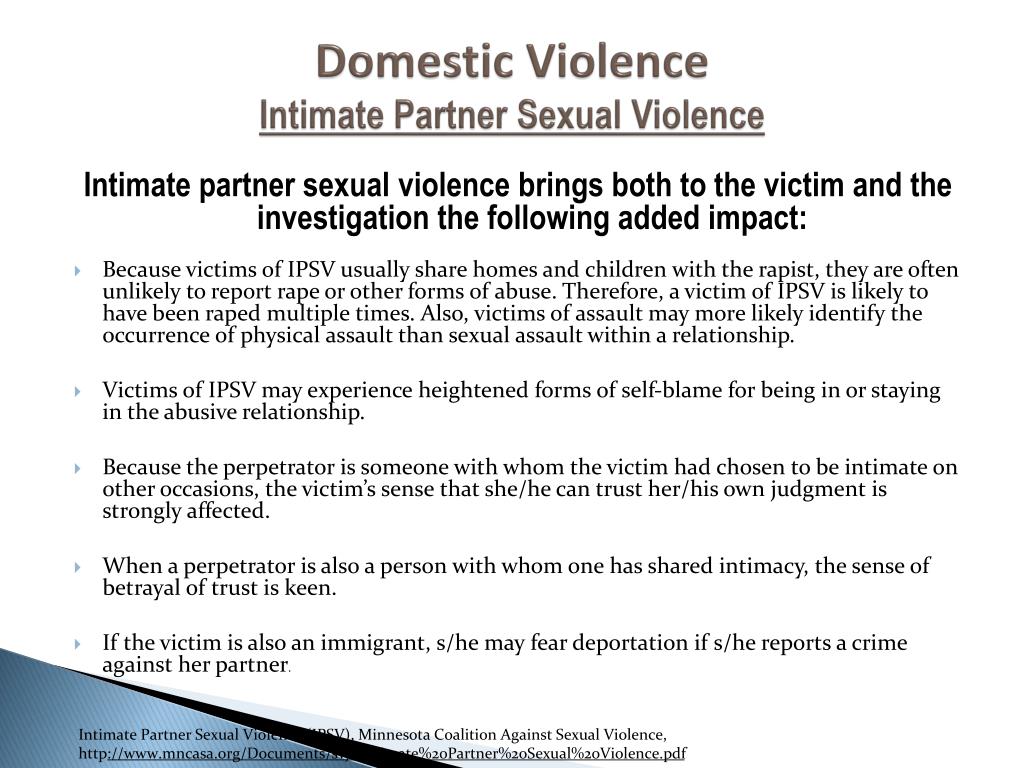
It is important to note that counterdependence, like codependency, is not included in the ICD and DSM mental health diagnostic manuals and therefore is not a diagnosable mental health condition. Without a clinical definition, the term is easily applicable to many behaviors, leading to abuse by some self-help book authors and support communities. For example, psychologist Kristi Pikevich has suggested that the term "codependency" is overused by the general population, and defining a person as codependent may lower their self-esteem, shame them, rather than help them focus on how their traumas are shaping their current relationship.
It can be said that counter-dependency, like co-dependence, are special psychological terms used in the psychological literature and the community, describing a set of mental and behavioral phenomena that together form specific behavioral and emotional patterns that arise in some people in relationships with others. Depending on the specific set of phenomena, these schemes will be called counter- or codependency.
Depending on the specific set of phenomena, these schemes will be called counter- or codependency.
Related material
How a counterdependent person differs from a self-sufficient one
Healthy autonomy is a state of firm self-confidence in which a person:
- Recognizes his interdependence with others.
- Possesses the feeling and understanding that he himself can dispose and manage life in the way he needs. In other words, he is aware of himself as a subject, not an object.
- Not controlled or influenced by others.
- The motive of autonomy is the desire to be independent, the recognition of one's full potential as a person, and not the fear of intimacy and the fear of rejection.
- Healthy, self-sufficient people can regularly form effective, meaningful, close, long-term relationships with others.
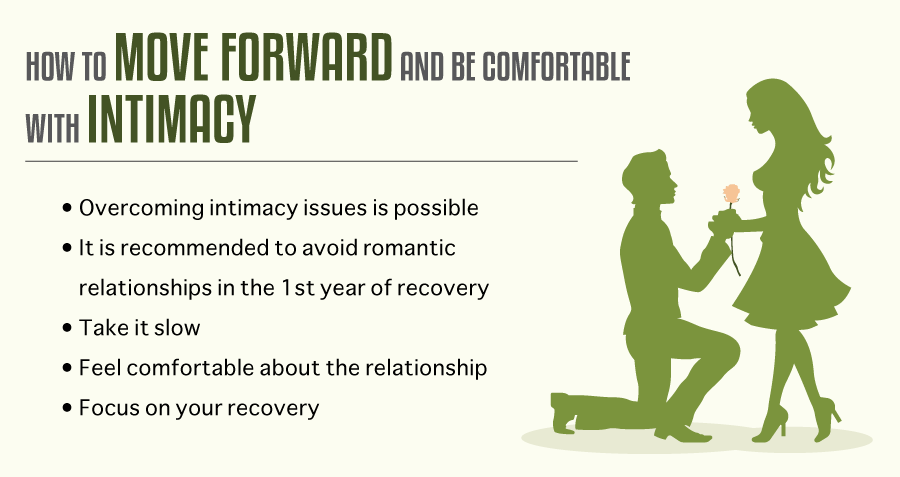 That is, they can share, be vulnerable.
That is, they can share, be vulnerable.
At first glance, counterdependence may look like healthy autonomy, since both involve the ability to separate from others. Counterdependence is driven by a pattern of avoidance of intimacy, fear, pain, distrust, while healthy self-sufficiency is necessary for a person for self-improvement, self-knowledge, self-disclosure and building relationships with people and the world through this.
Signs of counterdependence
Since counterdependence as a part of character develops in childhood, usually at the same age when socialization, including gender, occurs, men and women with such a characterology are likely to demonstrate stereotypical ideas about independent men or women. Most likely, they flaunt alienation, coldness, loneliness, independence.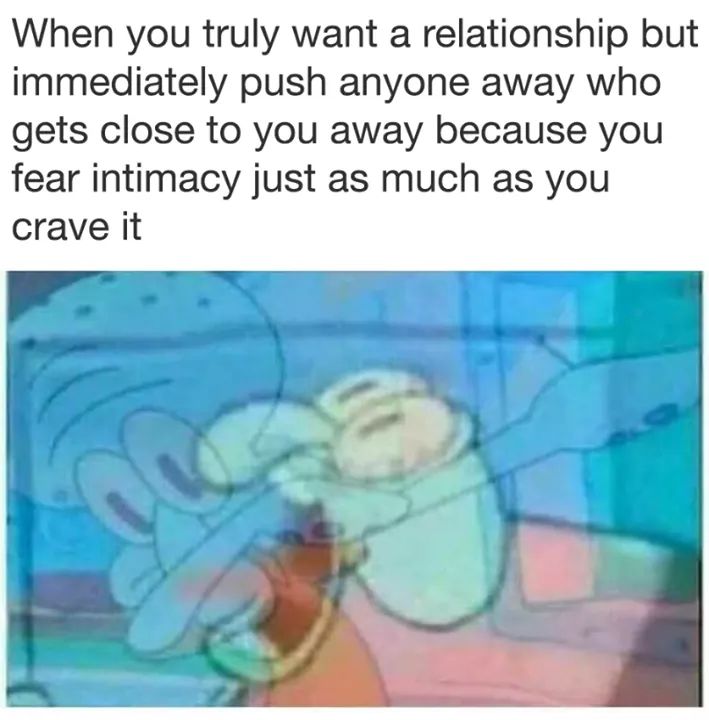 At the same time, in their behavior they can demonstrate disdain for others, varying degrees of cruelty, and low empathy.
At the same time, in their behavior they can demonstrate disdain for others, varying degrees of cruelty, and low empathy.
There are signs of counter-dependency that are common to all people regardless of sex and gender:
- You believe that if you get too close to someone, he/she will impose their thoughts and feelings on you, and then you will lose yourself.
- You are fiercely independent, refusing to ask or accept help from anyone, even when needed.
- For you, the need for intimacy is weakness and vulnerability. The thought that you, too, may need deep and intimate relationships makes you repulsed, fearful, and irritated.
- You are afraid to get close to someone, otherwise they will find out about your secret desires and fears, after which they will reject you.
- Your independence, independence are like impenetrable.
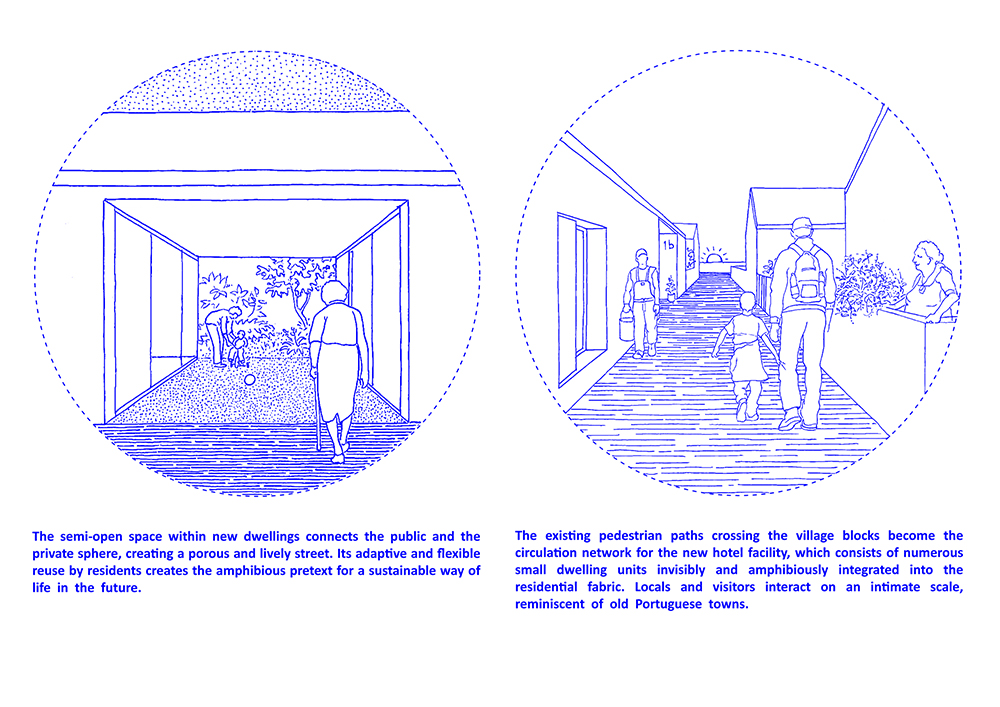 On the one hand, it protects you from pain, but it also prevents you from receiving love.
On the one hand, it protects you from pain, but it also prevents you from receiving love. - You devote an enormous amount of time and energy to your activities and achievements, work hard and do everything possible to let the world know about your achievements. Anything to not feel emotions.
- You are constantly afraid of making a mistake and being ashamed of it.
- You can get frustrated easily, lack patience and tend to lose your temper, get angry or cry when things don't go as you expected.
Related material
How counterdependence manifests itself in personal relationships and in the family
Entering into a relationship with a counterdependent person, it is important to understand the motives for this choice. For a long time there is a risk of facing coldness and inaccessibility.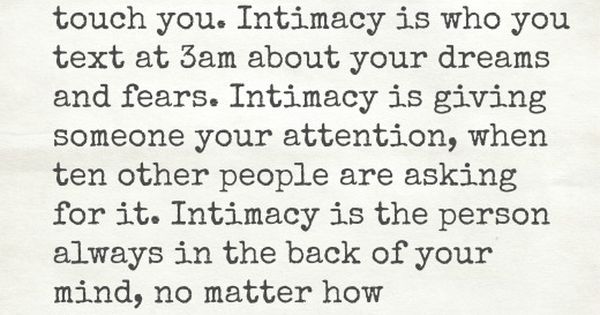 The counter-addict's seemingly independent behavior can act as a powerful lure. When a codependent and a counterdependent pair up, their relationship looks like one is running away and the other is catching up. Such relationships hurt both and are very exhausting.
The counter-addict's seemingly independent behavior can act as a powerful lure. When a codependent and a counterdependent pair up, their relationship looks like one is running away and the other is catching up. Such relationships hurt both and are very exhausting.
Sometimes, after the formation of a couple, the co-dependent and the counter-dependent change roles: the counter-dependent, gaining access to such desired intimacy, begins to become pathologically involved in this relationship, losing himself, while the co-dependent gets the opportunity to finally find himself at the expense of a partner. Then the one who was counter-dependent begins to gradually change - all his independence gradually turns into dependence on his partner, which manifests itself in increasing control, jealousy, constant tests arising from fear of rejection.
The fear of rejection also manifests itself in a very sharp negative reaction to any criticism. This is precisely because criticism for the counter-addict equates to rejection. The phrase “What you do, I don’t like” is perceived by the counter-addict as “I don’t like you.” The reaction - fear and anger - will not be long in coming.
This is precisely because criticism for the counter-addict equates to rejection. The phrase “What you do, I don’t like” is perceived by the counter-addict as “I don’t like you.” The reaction - fear and anger - will not be long in coming.
How to behave in a relationship with a counter-dependent person
A partner should constantly take into account all the knowledge about counter-dependence, prepare to be infinitely accepting, supportive and caring, patient and non-critical. In addition, you need to be mentally prepared that there will be no quick changes or no changes at all.
Counterdependence is the result of a developmental trauma that occurred at the stage of attachment or separation. And if you managed to create the relationship described above for your partner, it is logical to assume that separation will one day happen from you. What form it will take - the end of a relationship, a change in format, just the separation of two adults - is impossible to predict.
What form it will take - the end of a relationship, a change in format, just the separation of two adults - is impossible to predict.
Therefore, before starting a relationship, it is important to ask questions: Do I need this? Do I want a relationship with this person or do I want to change him? Do I really want to change this person? What do I want to get out of it?
Related material
How to get rid of counter-dependence
Counter-dependence therapy is building such a relationship between the therapist and the client, where the therapist plays the role of a healthy adult who will be healthy about the client, his emotional needs, react differently to the appearance of the client, give feedback. This involves building trust, self-disclosure, and overcoming resistance: by keeping the therapist at arm's length and avoiding emotional references, counterdependents may try to control the therapist in order to maintain a sense of independence.

